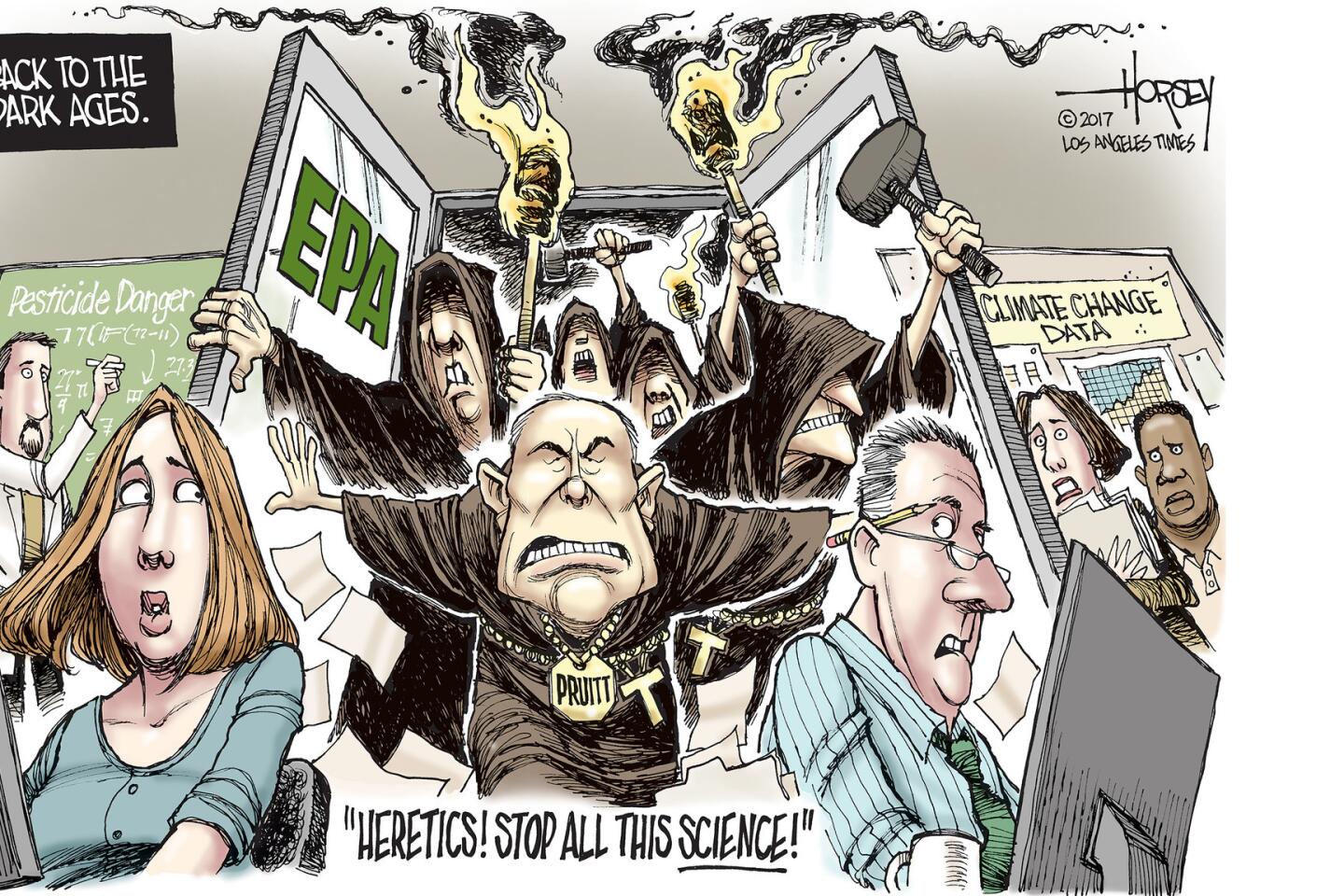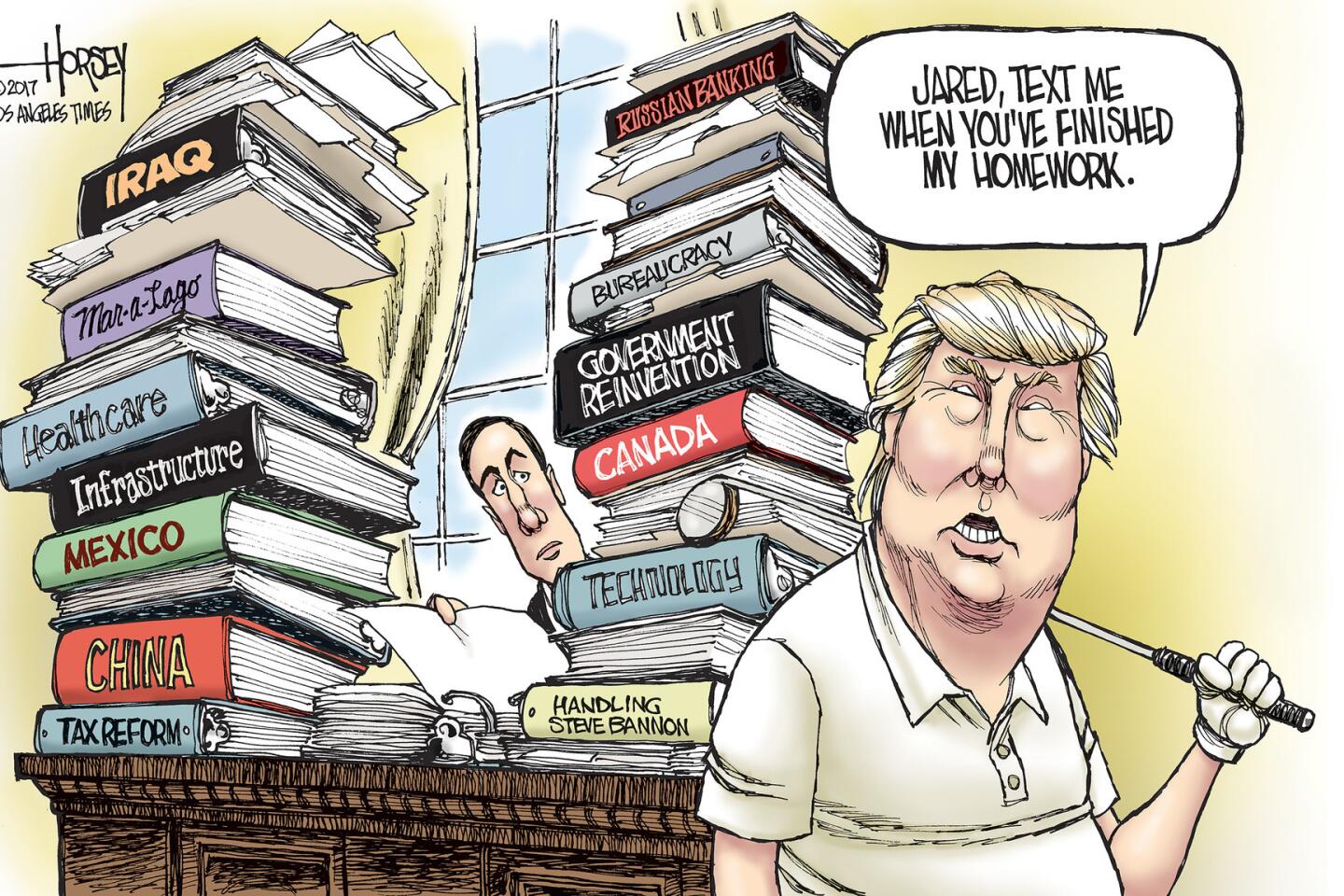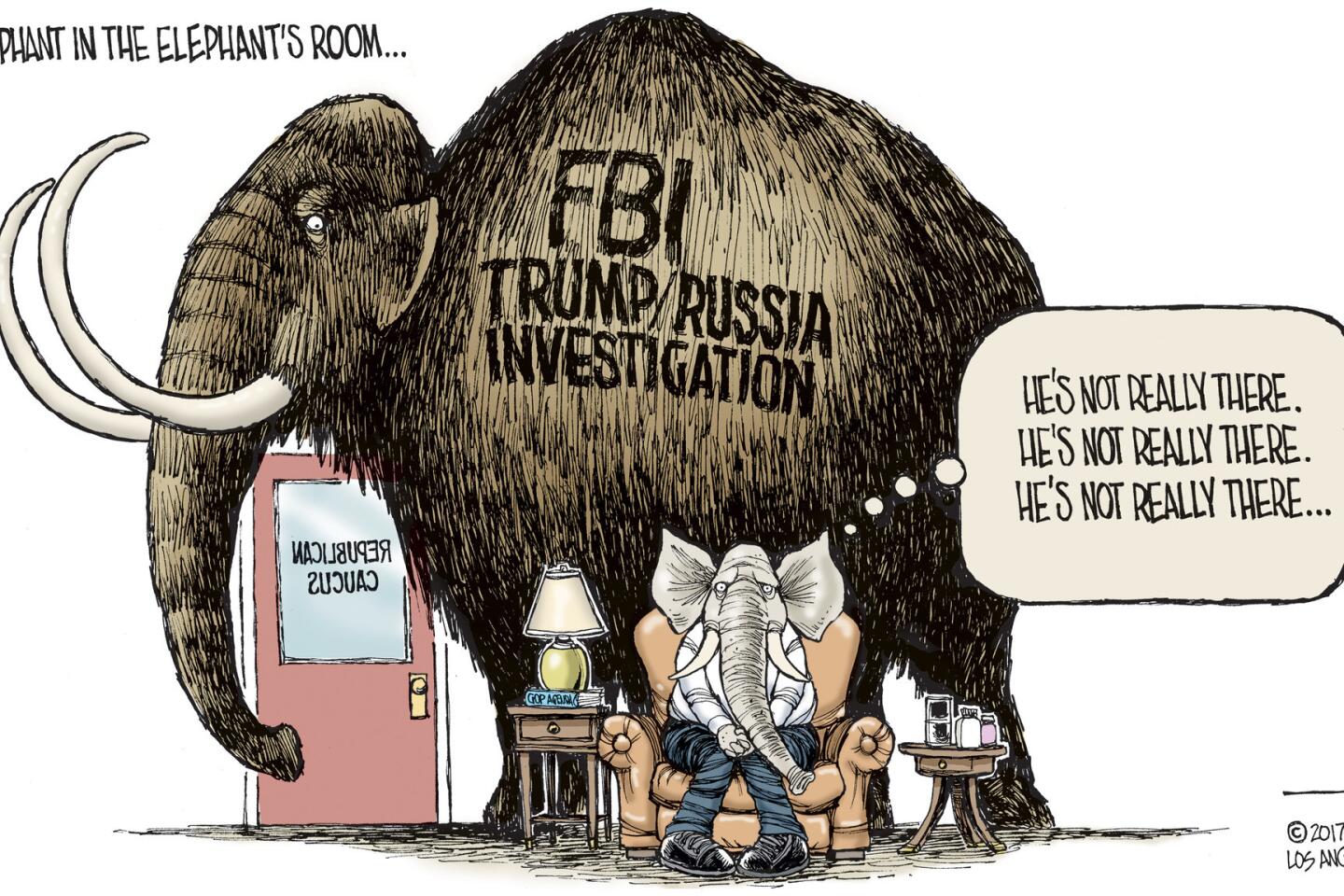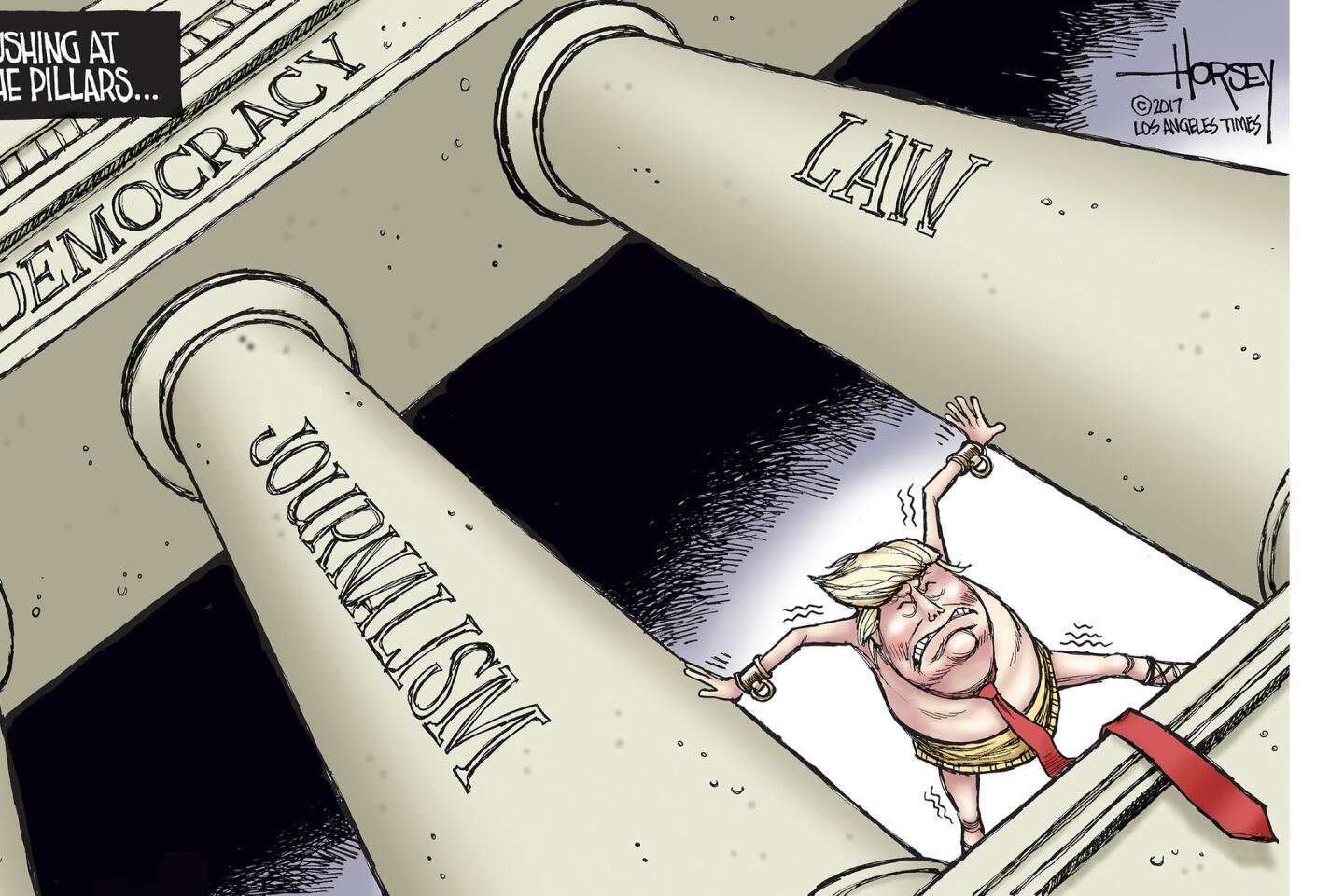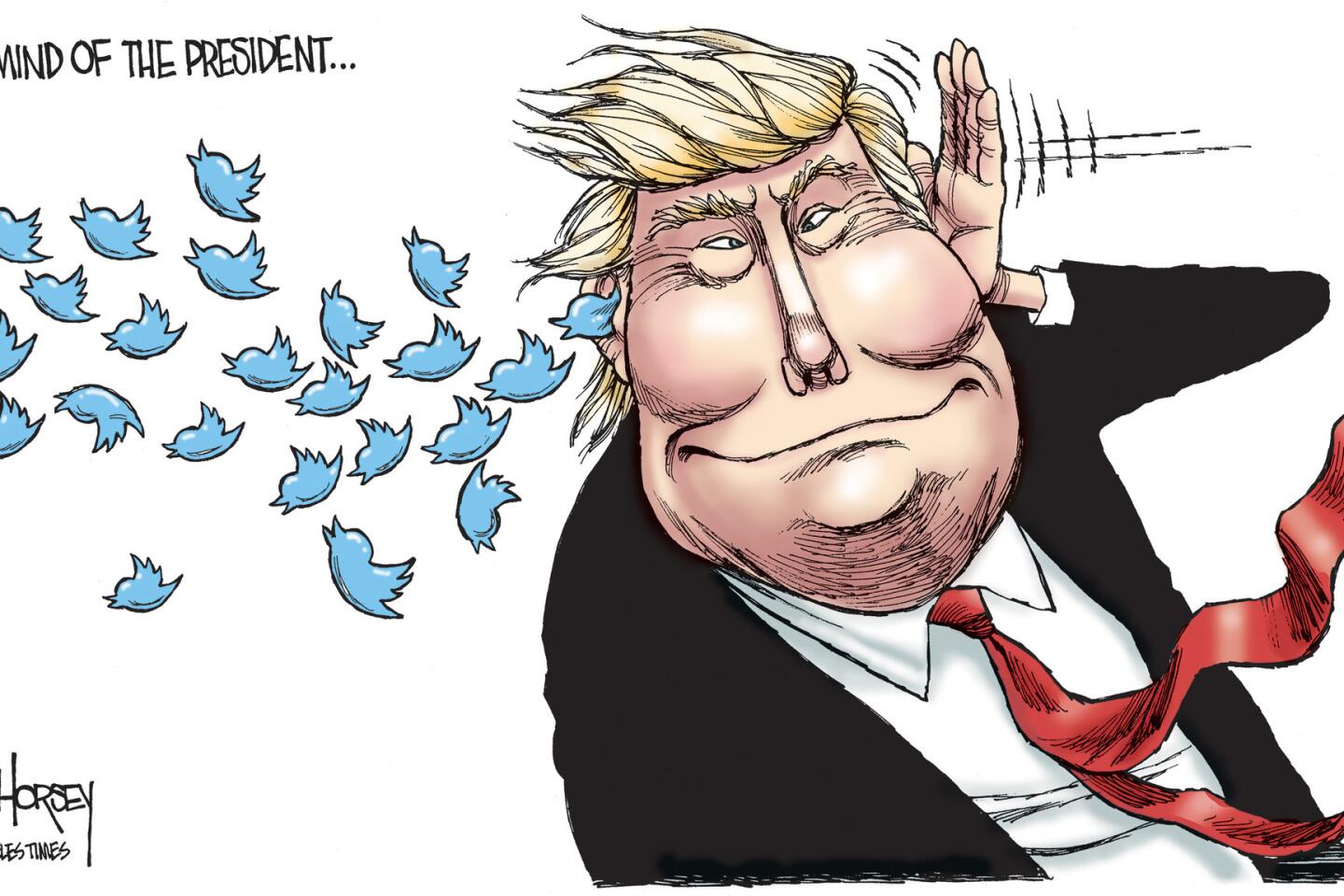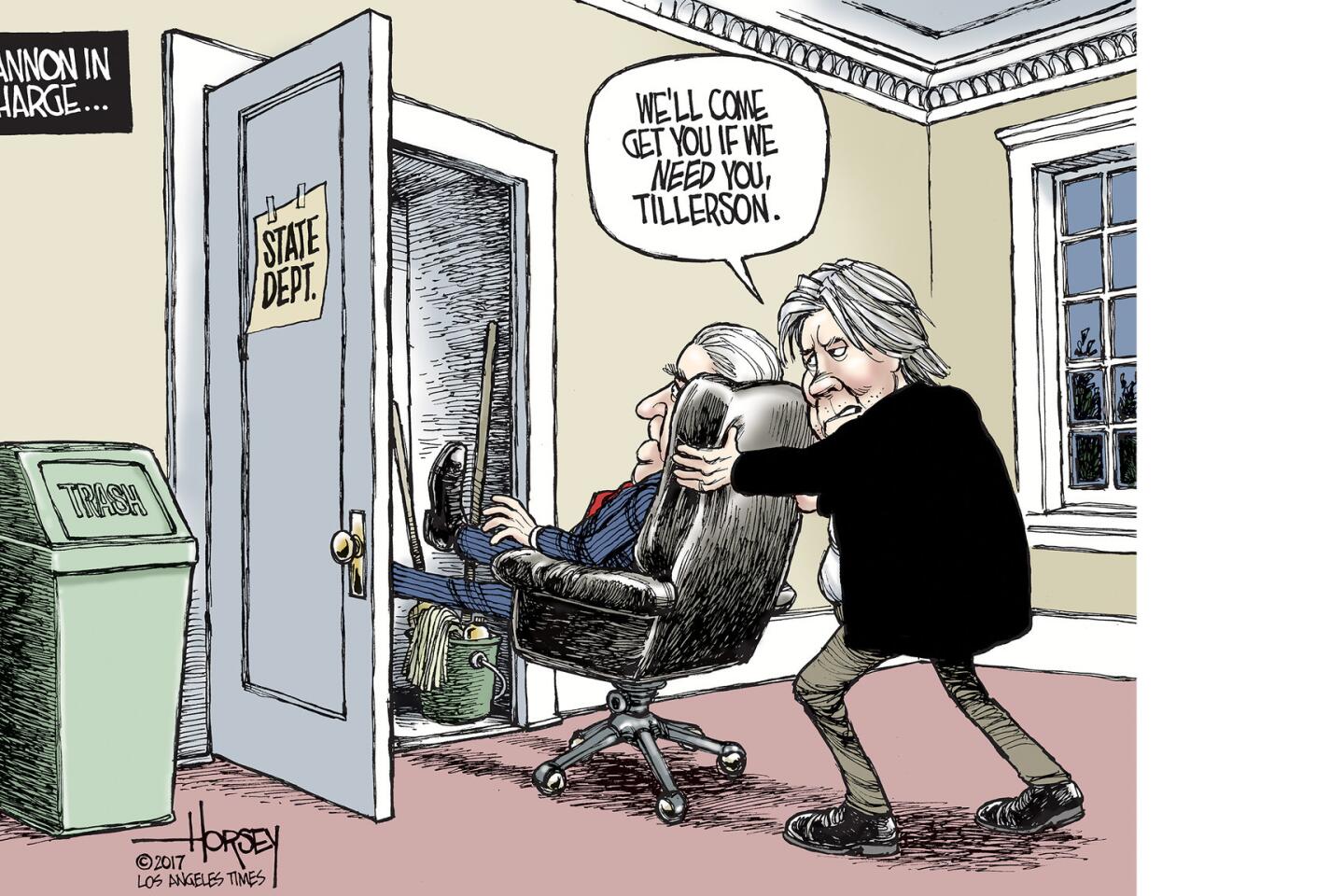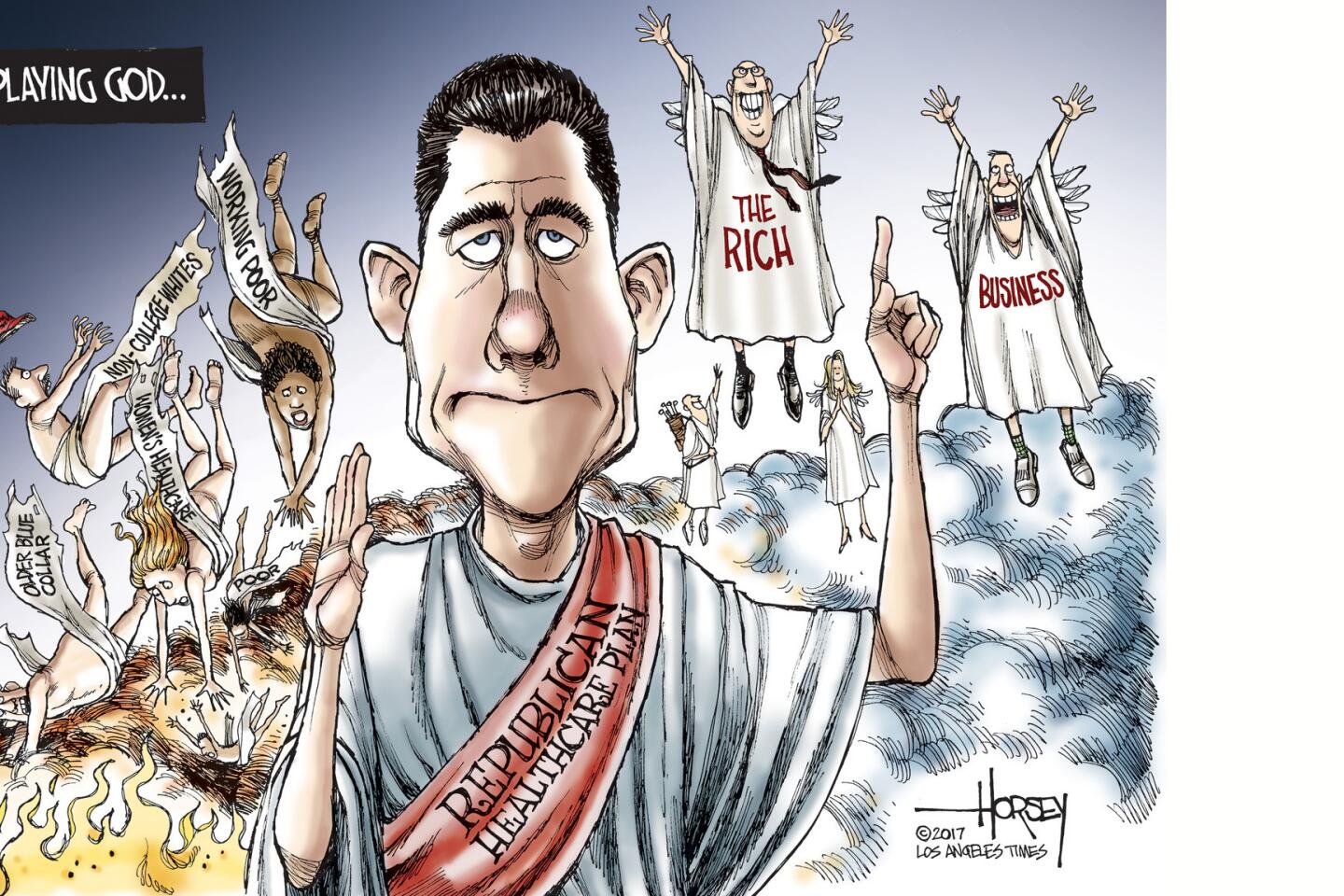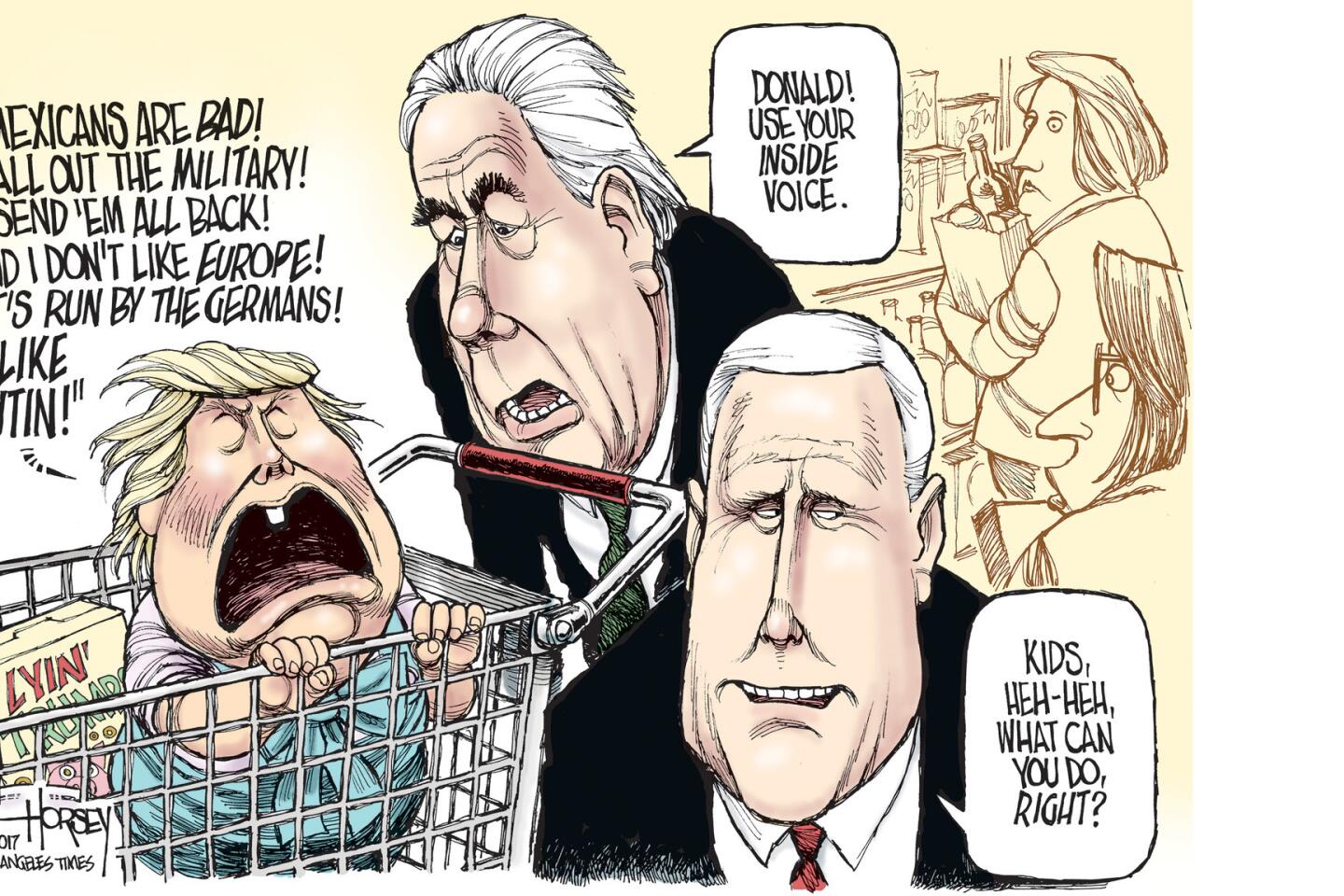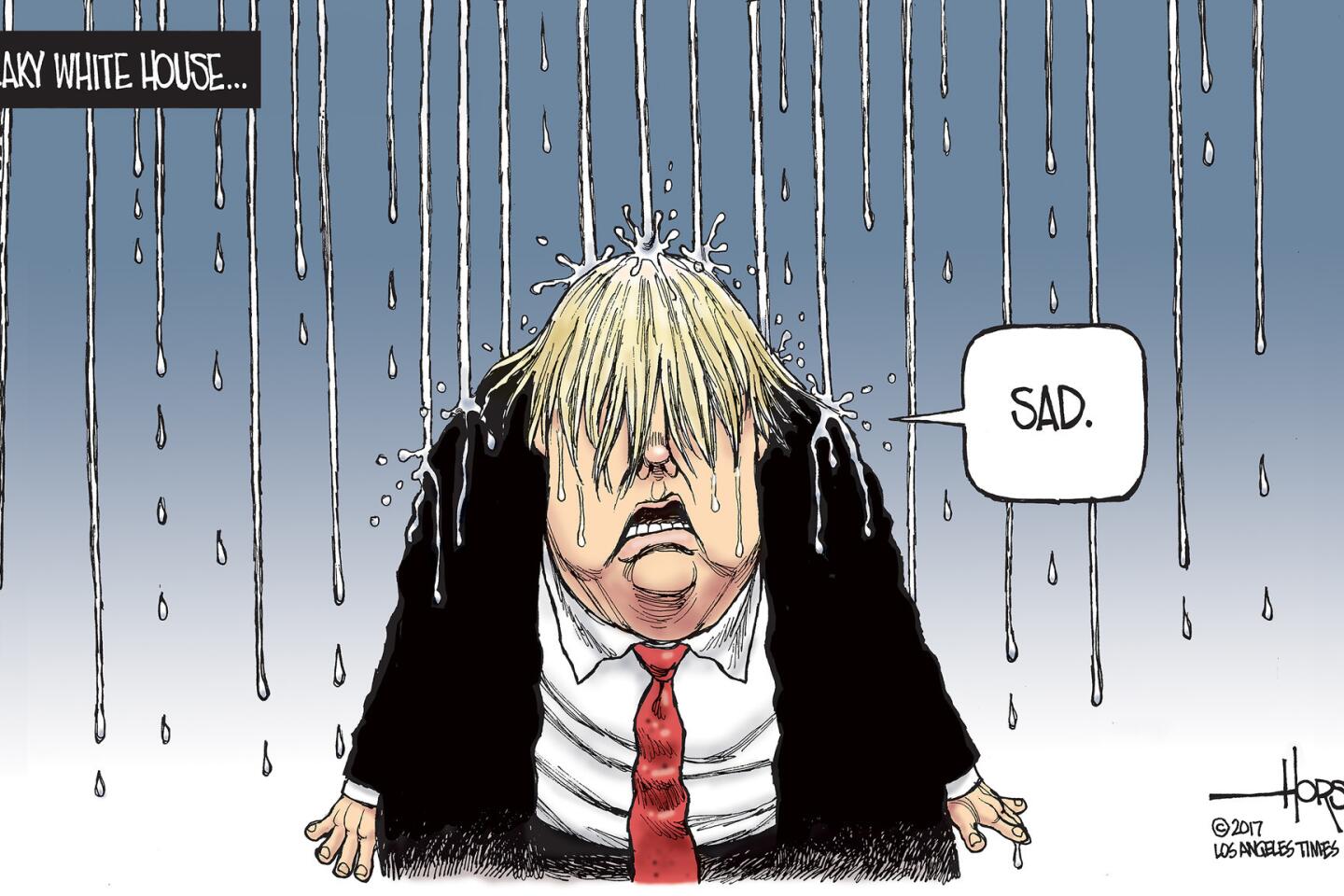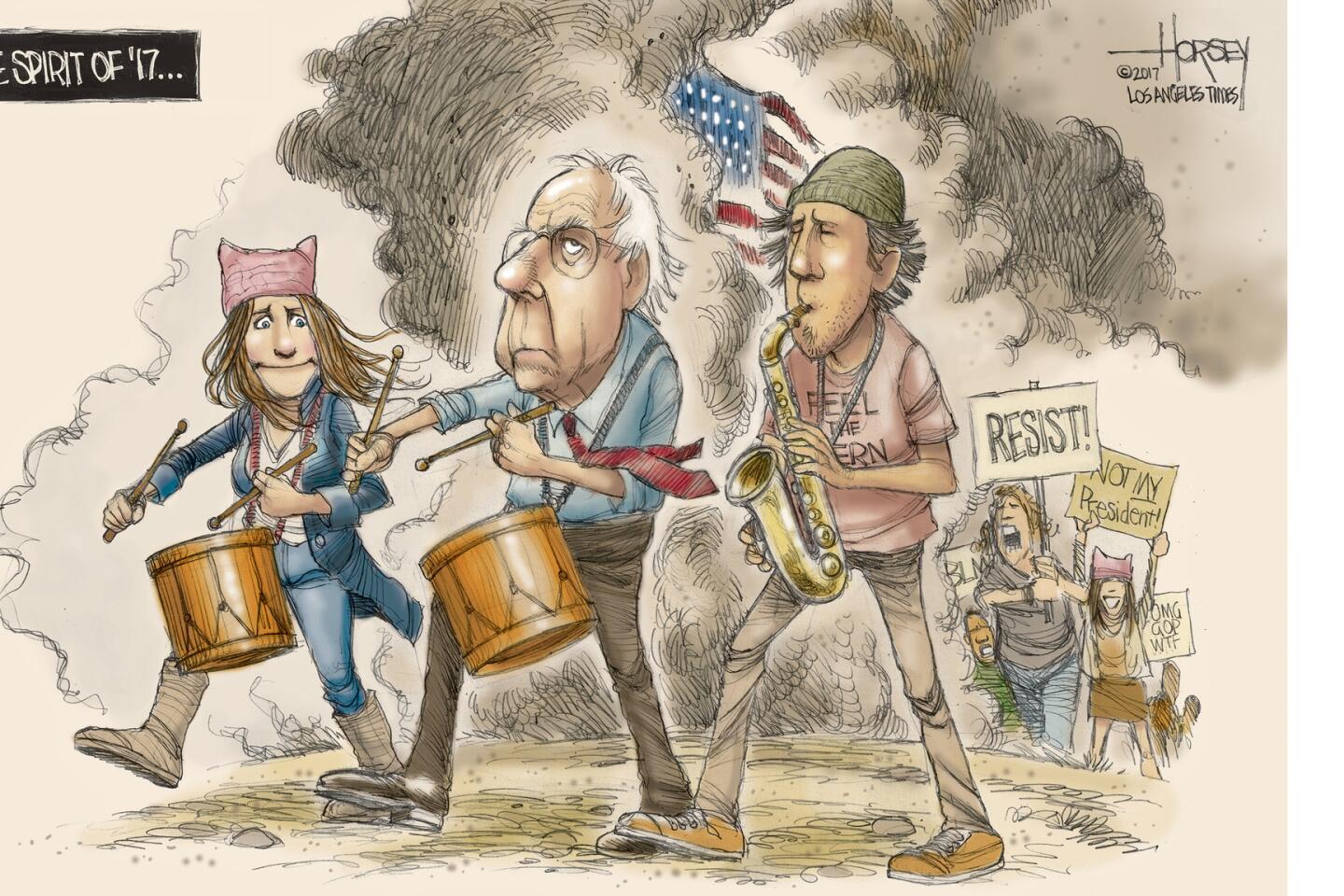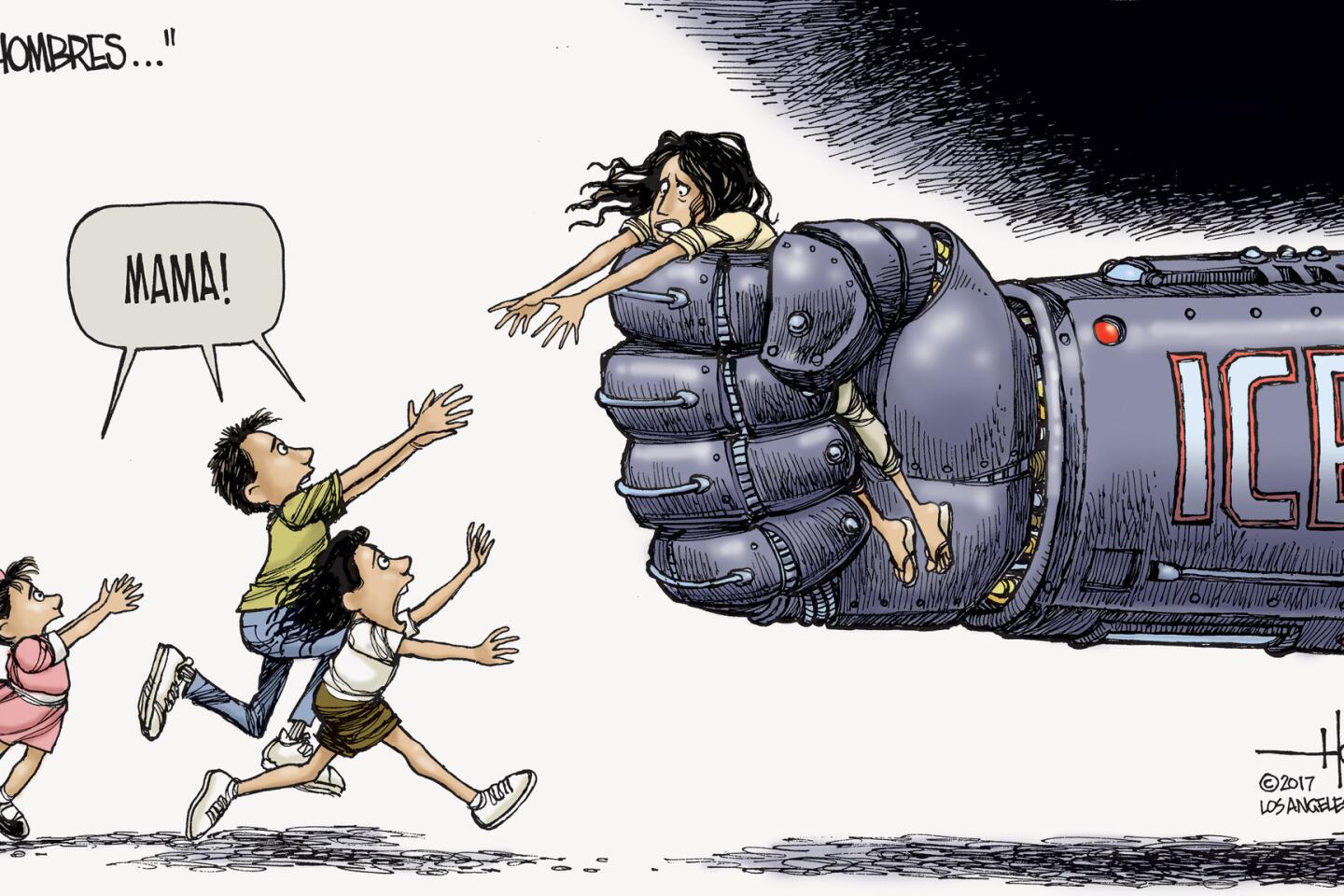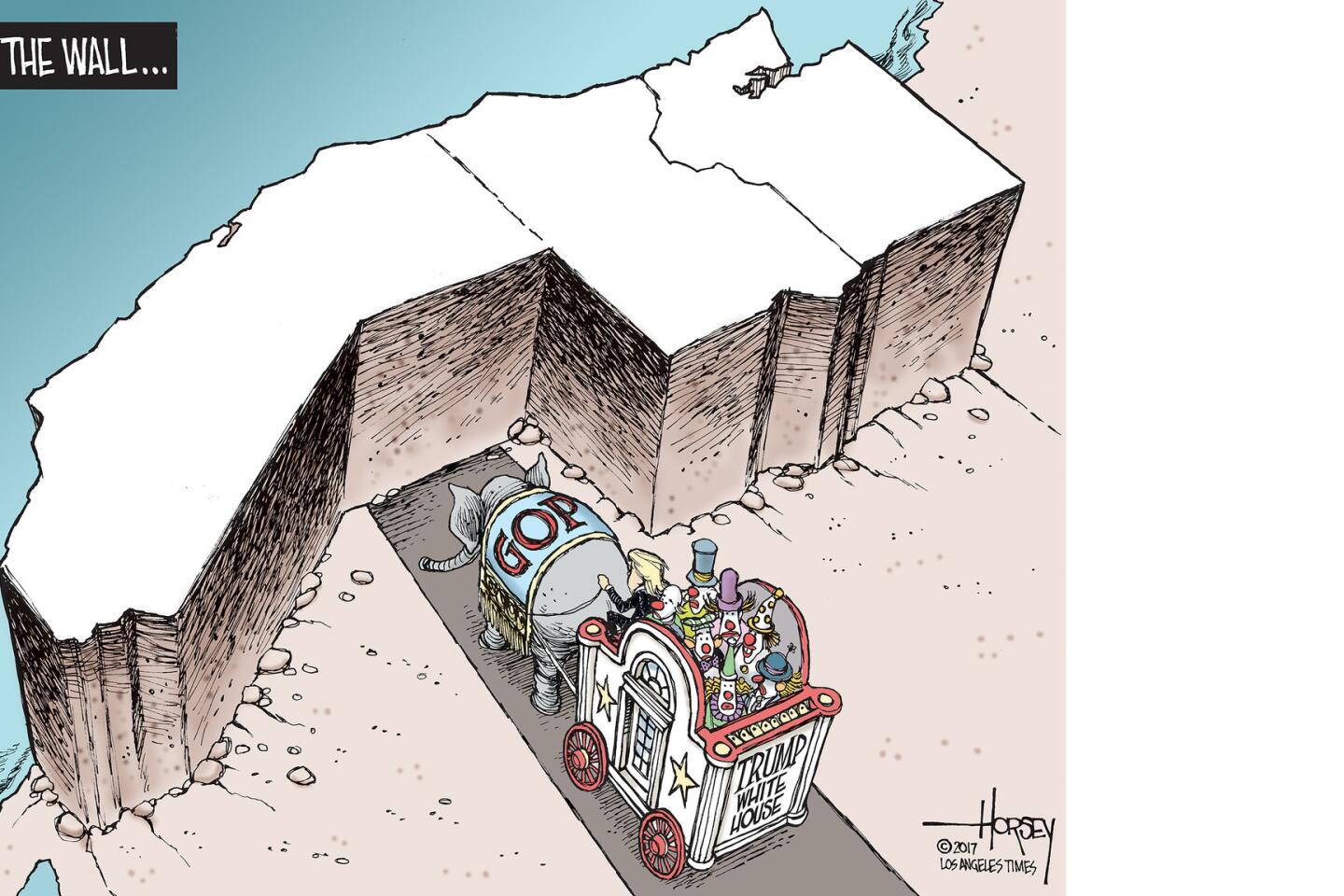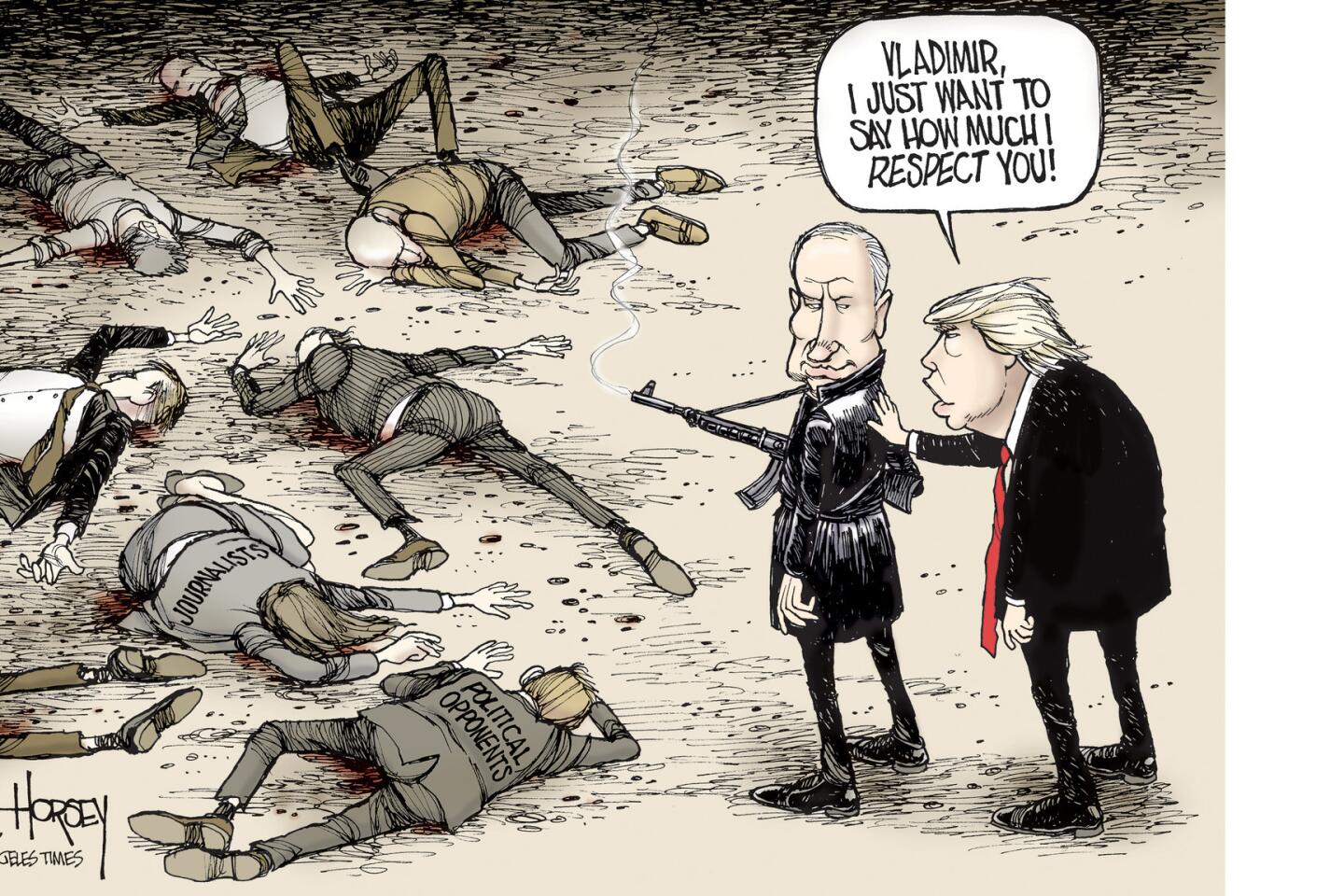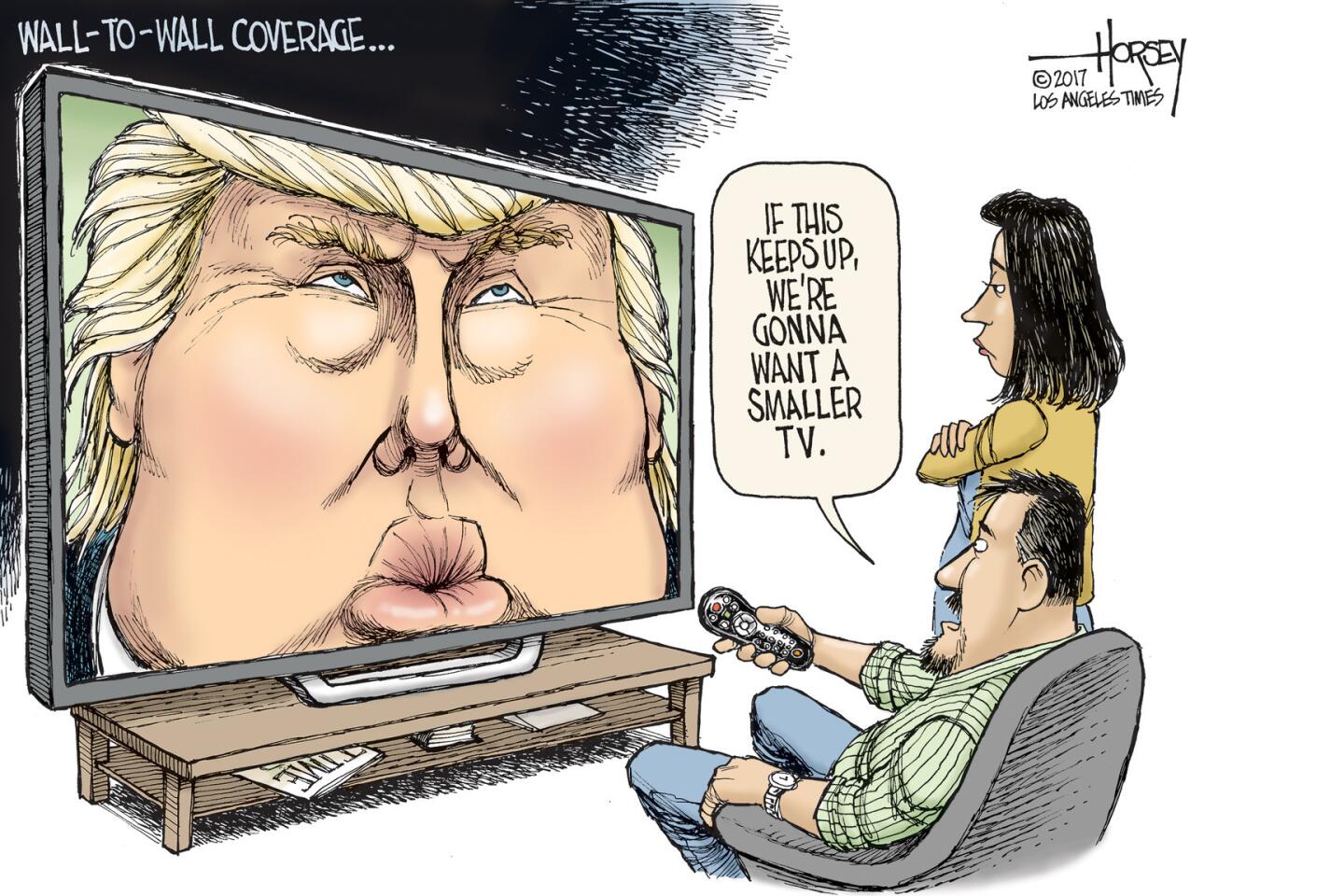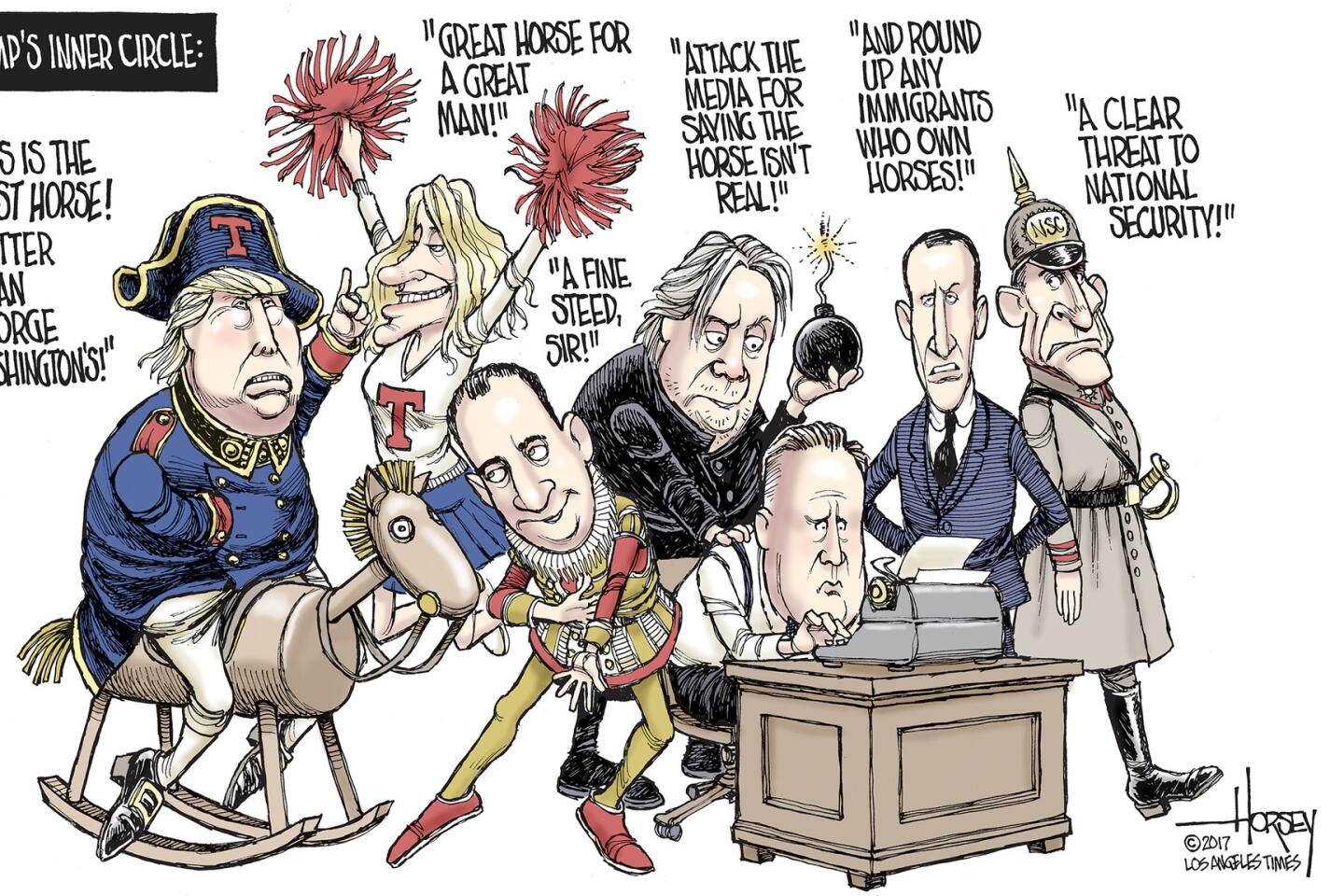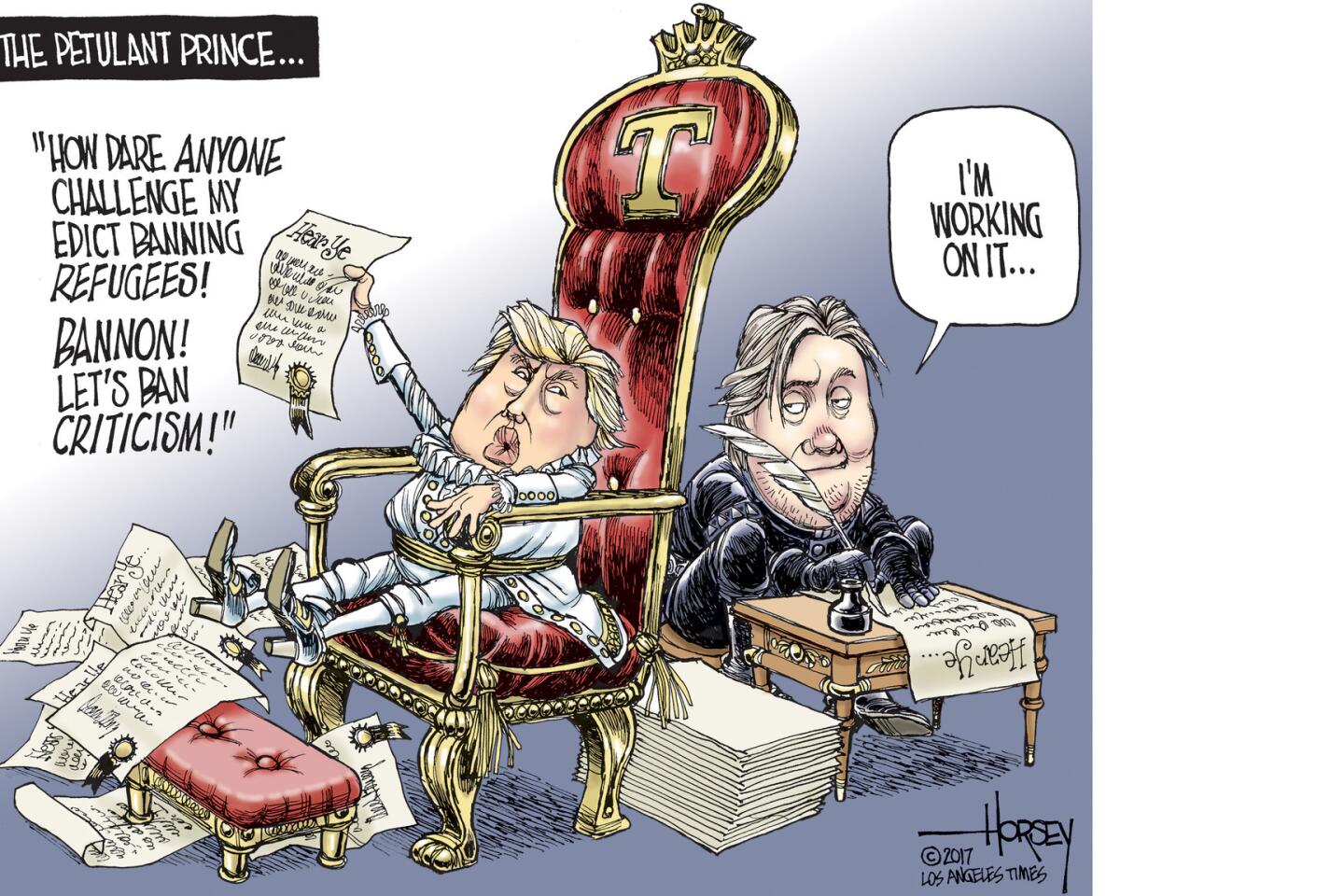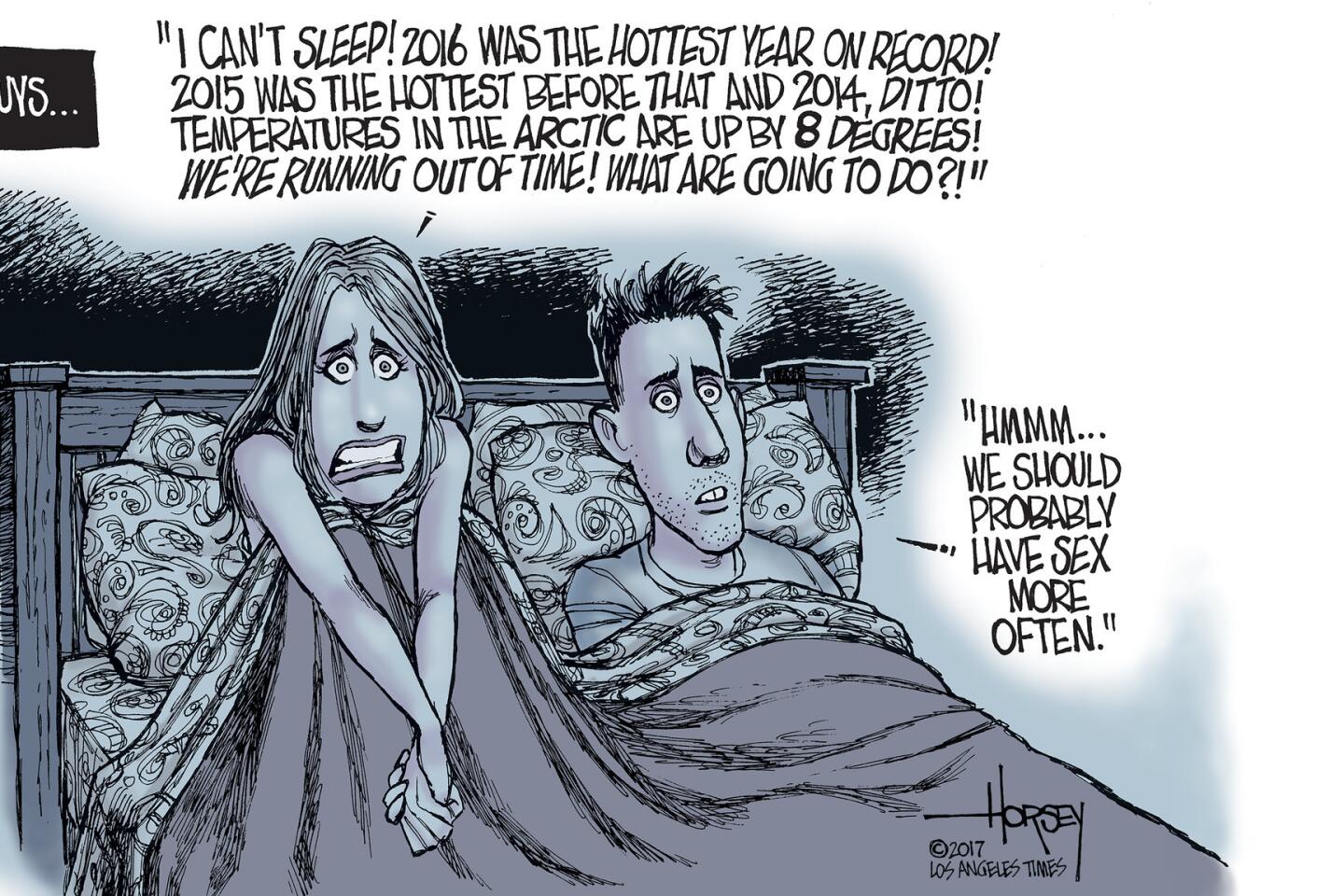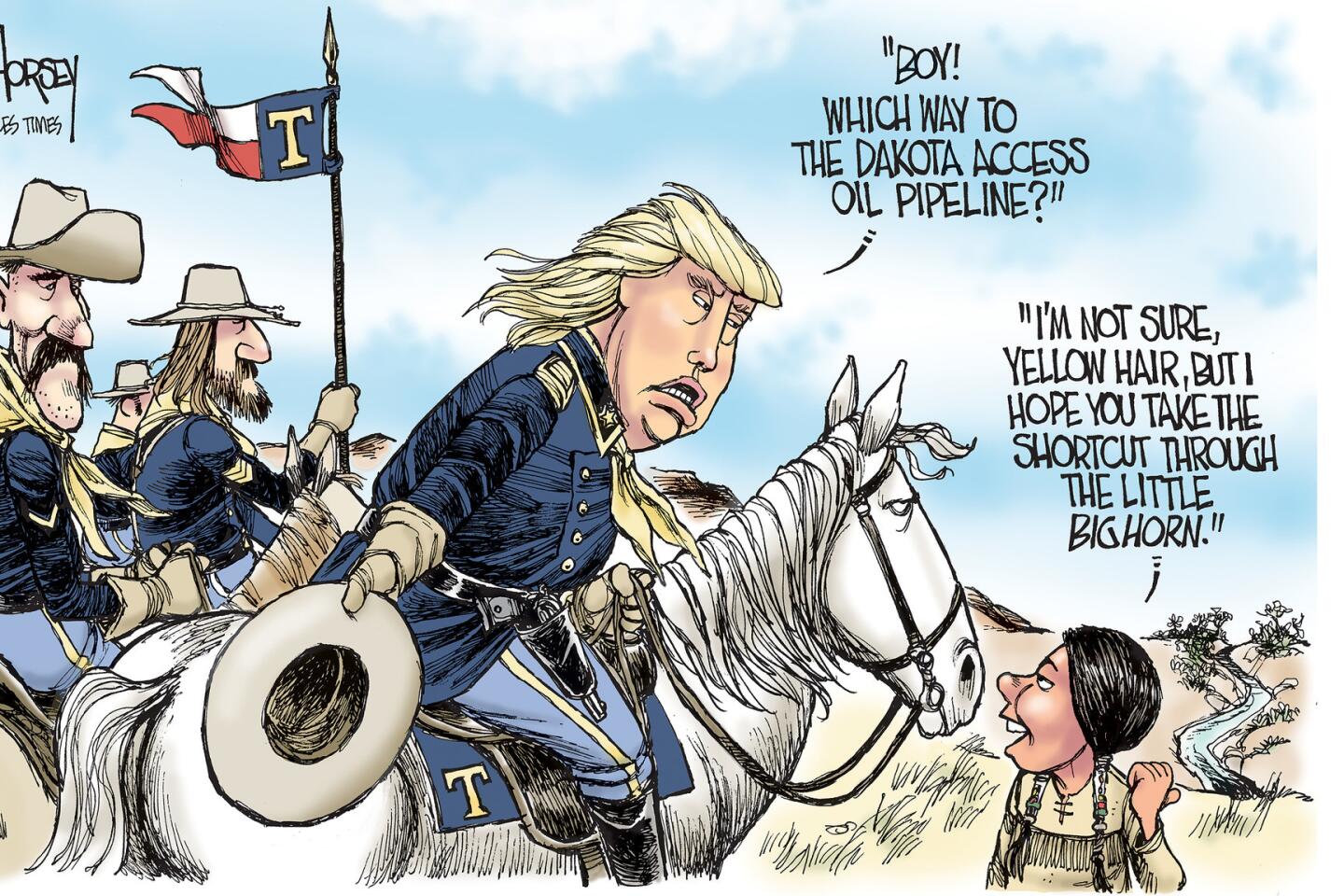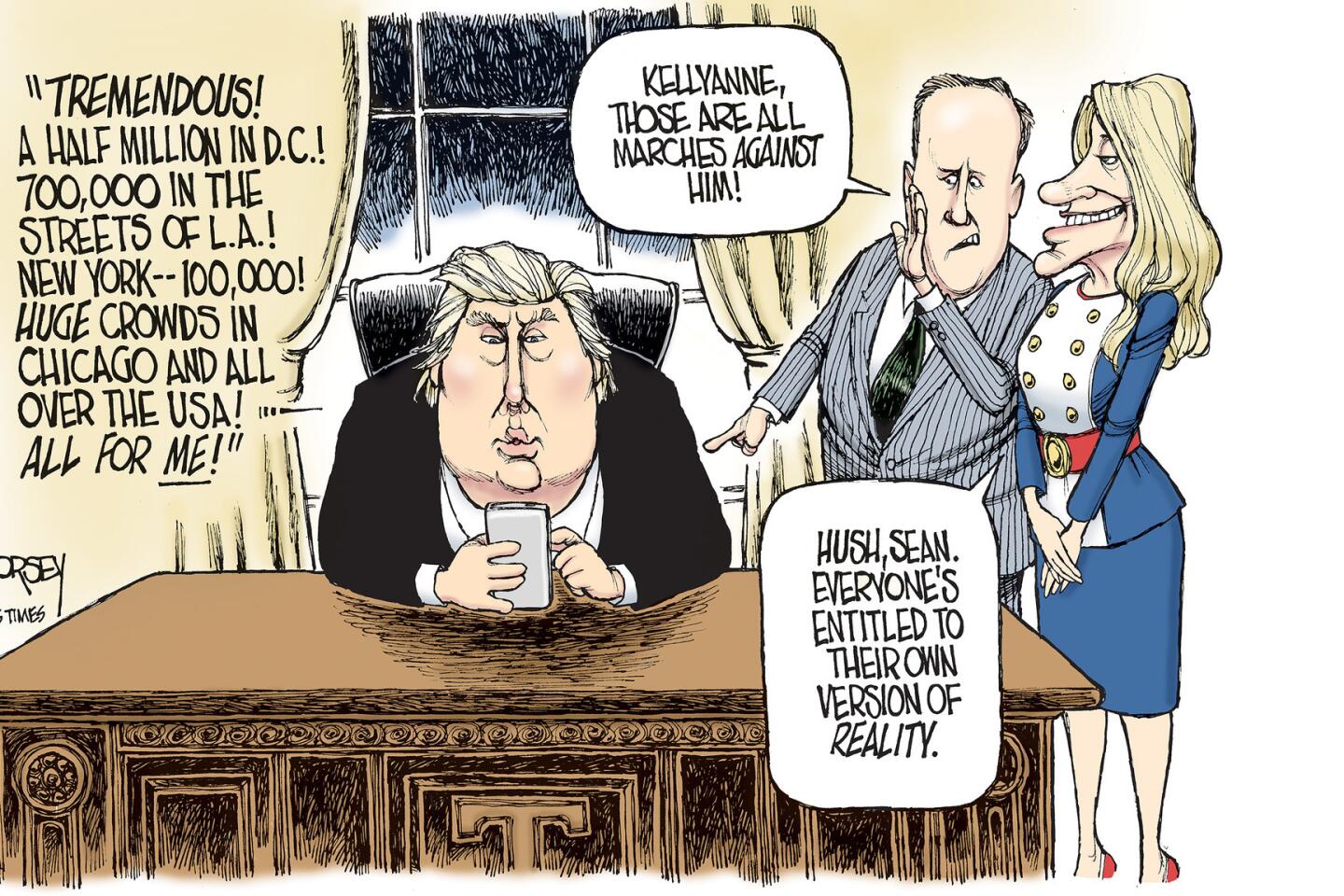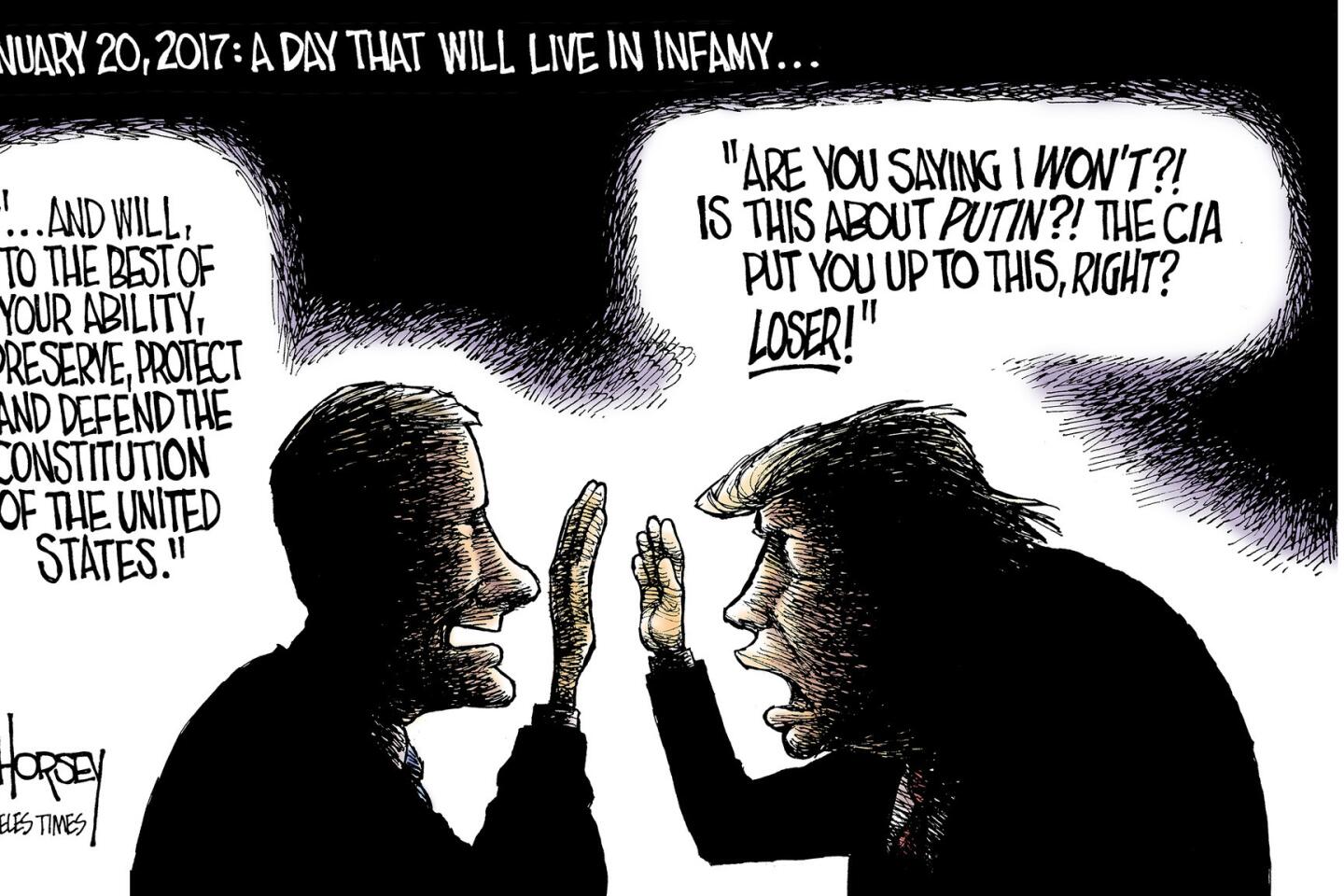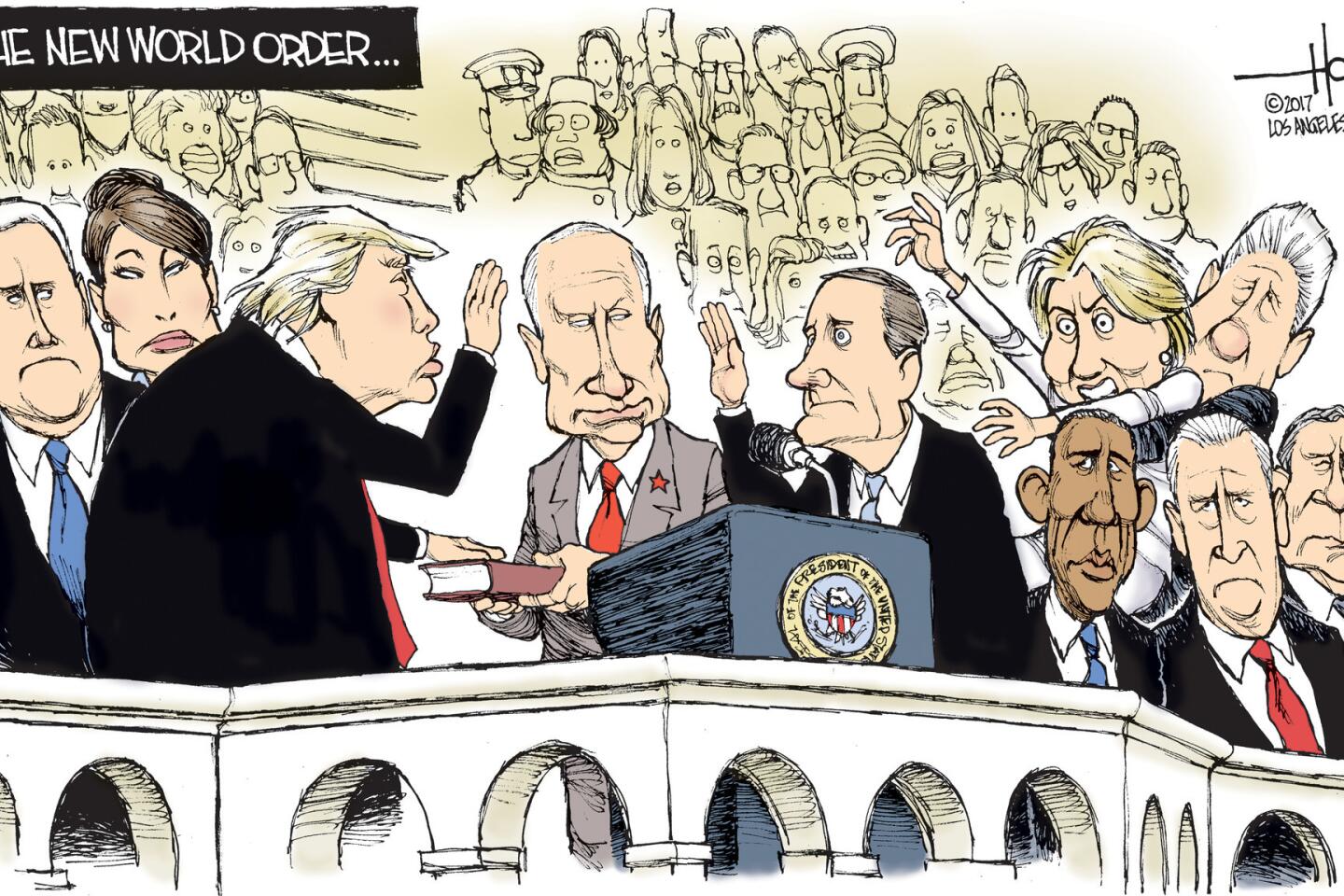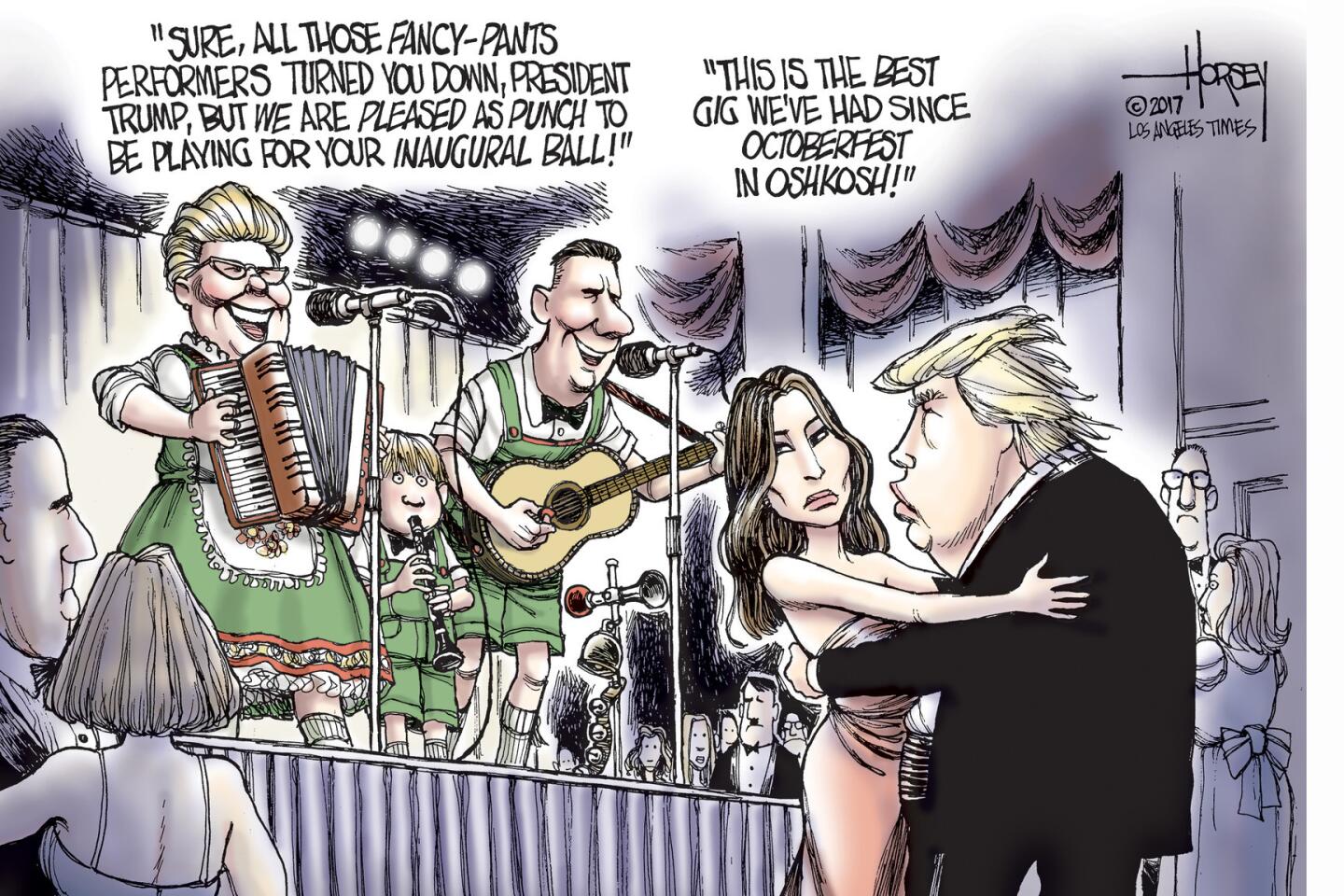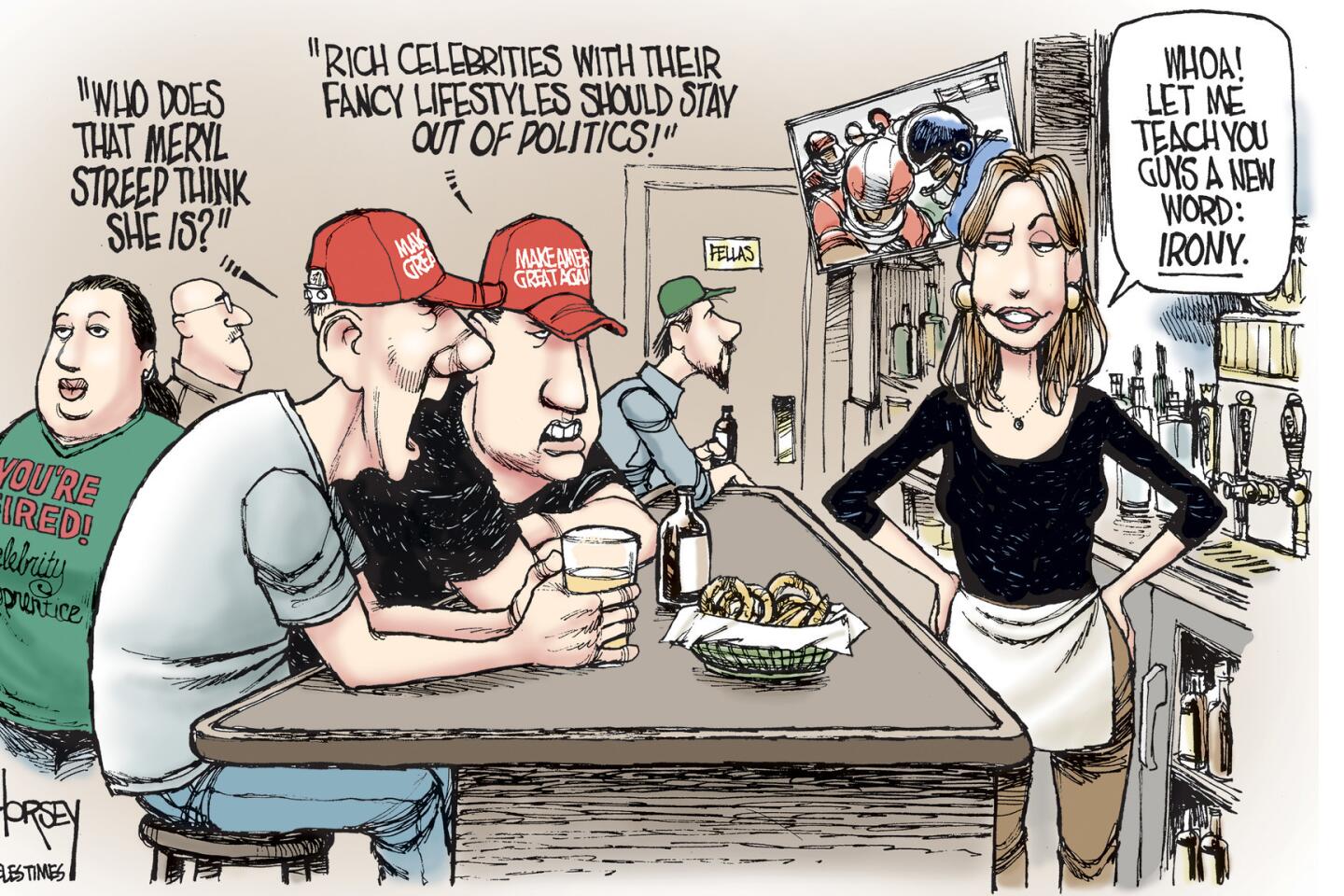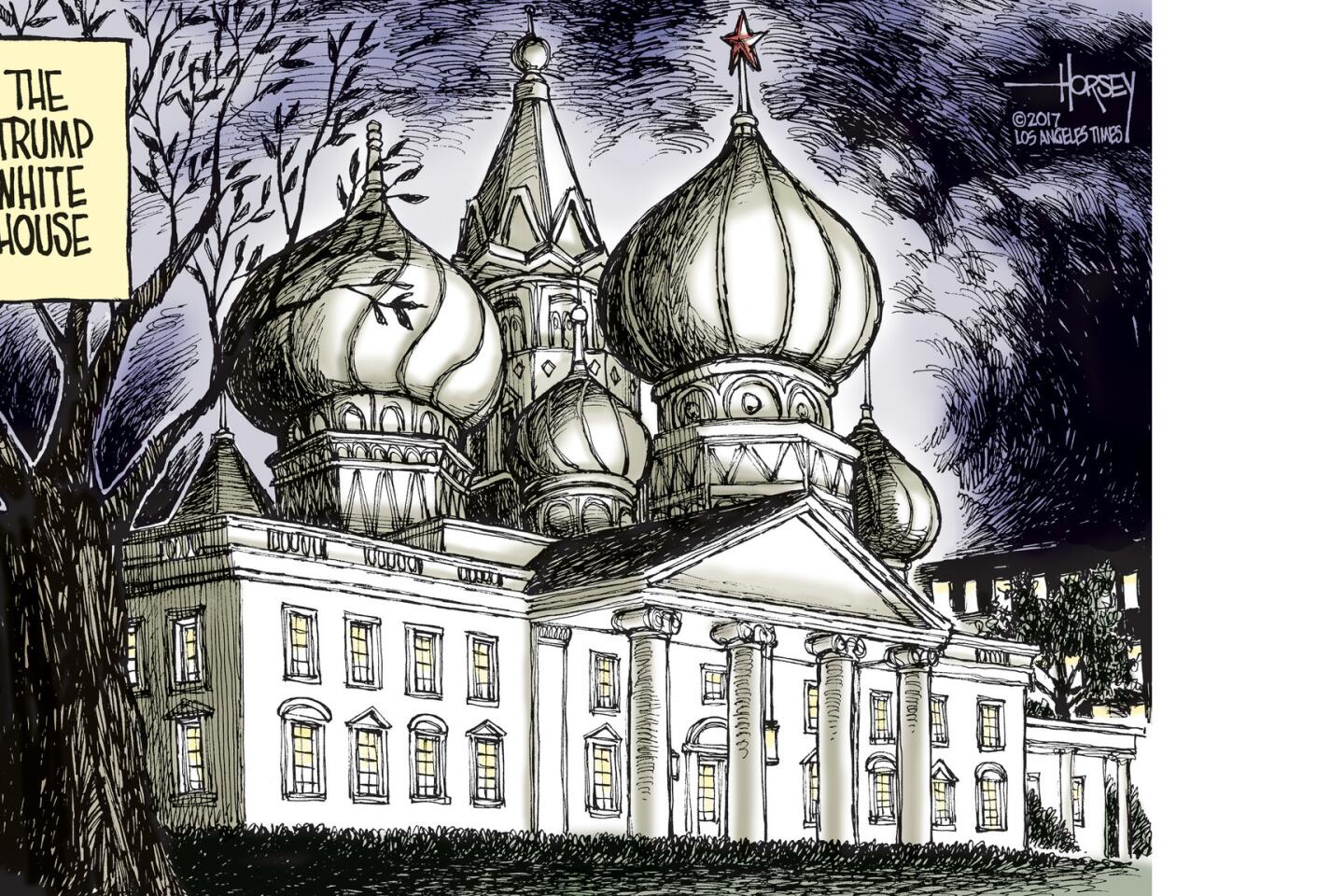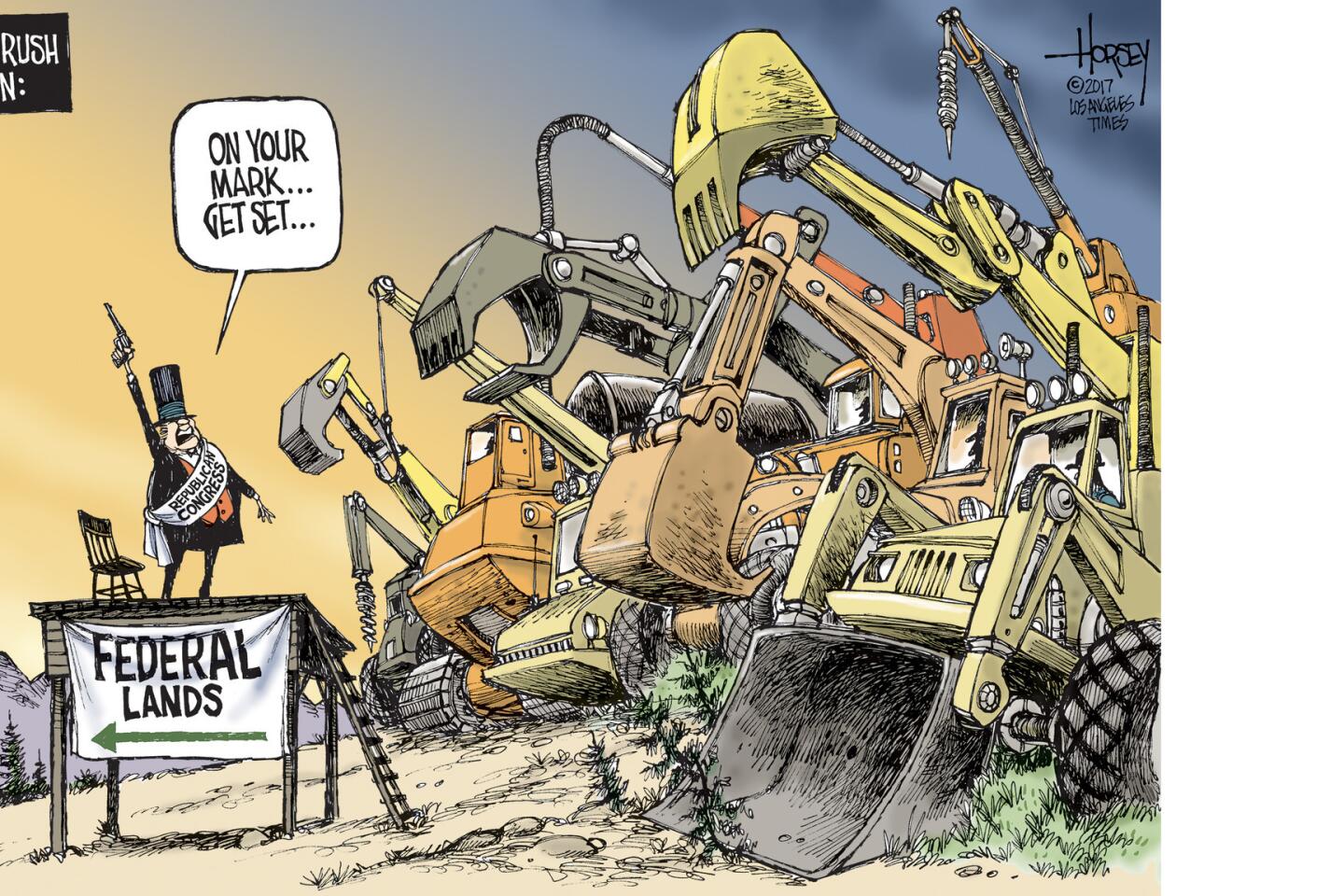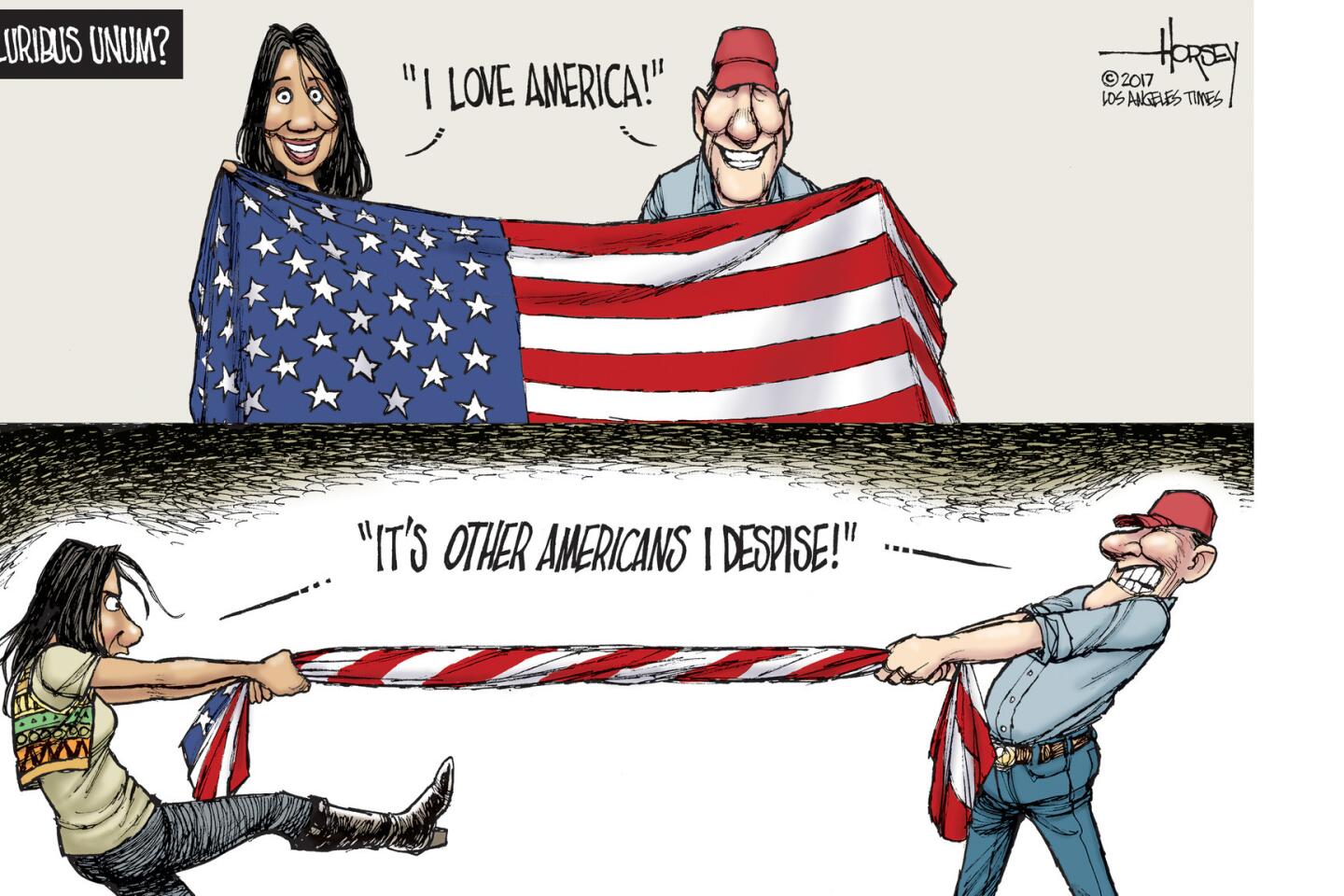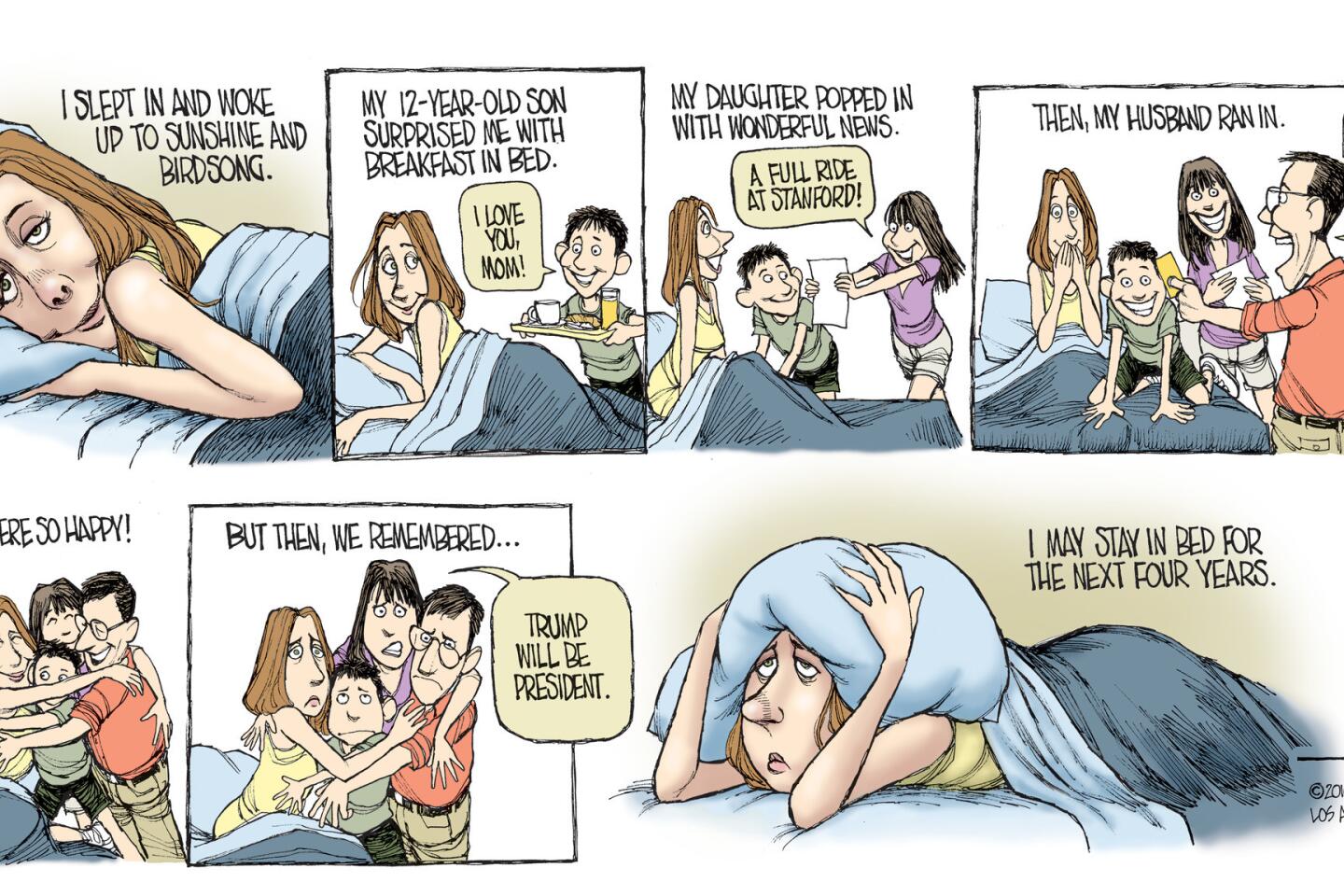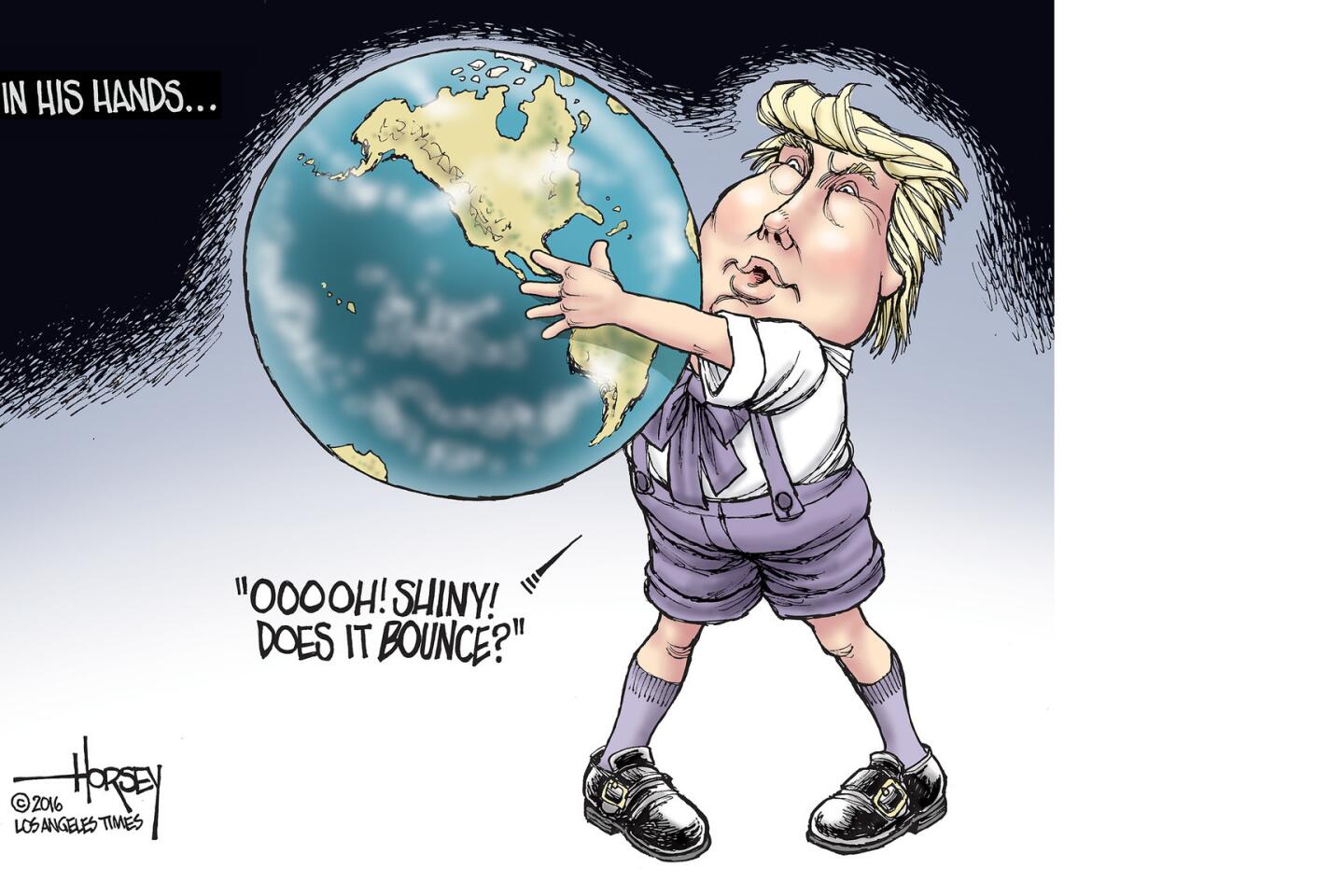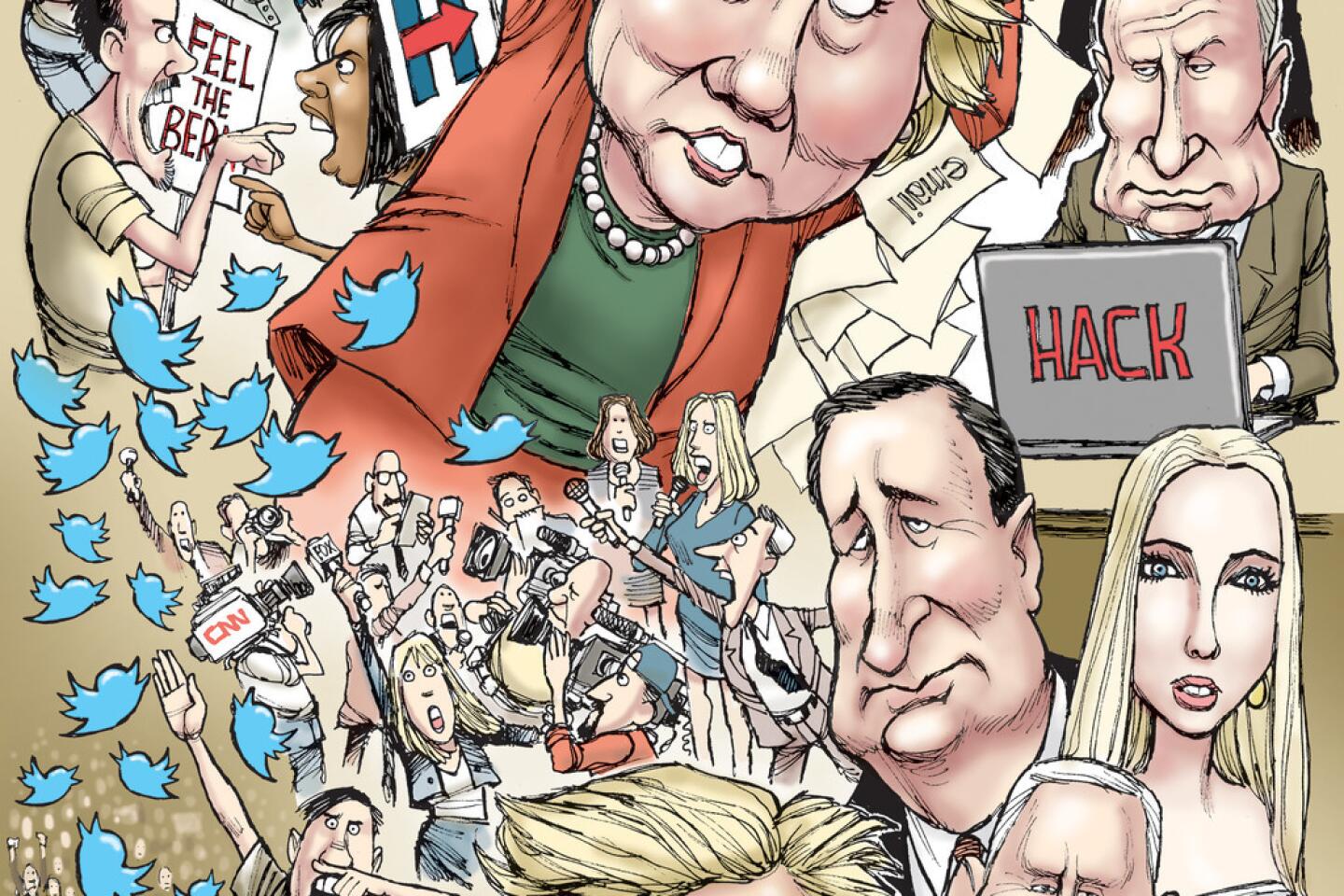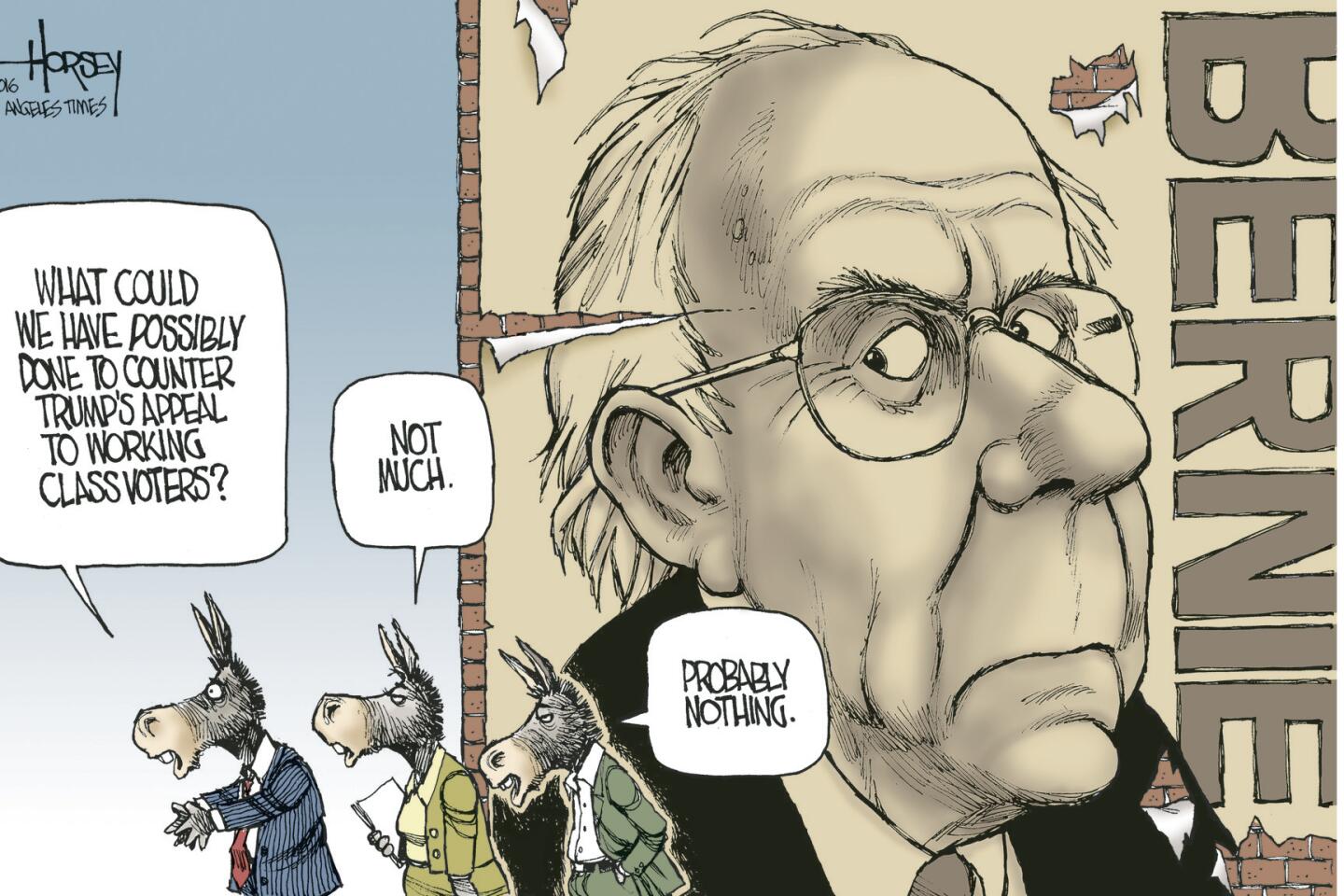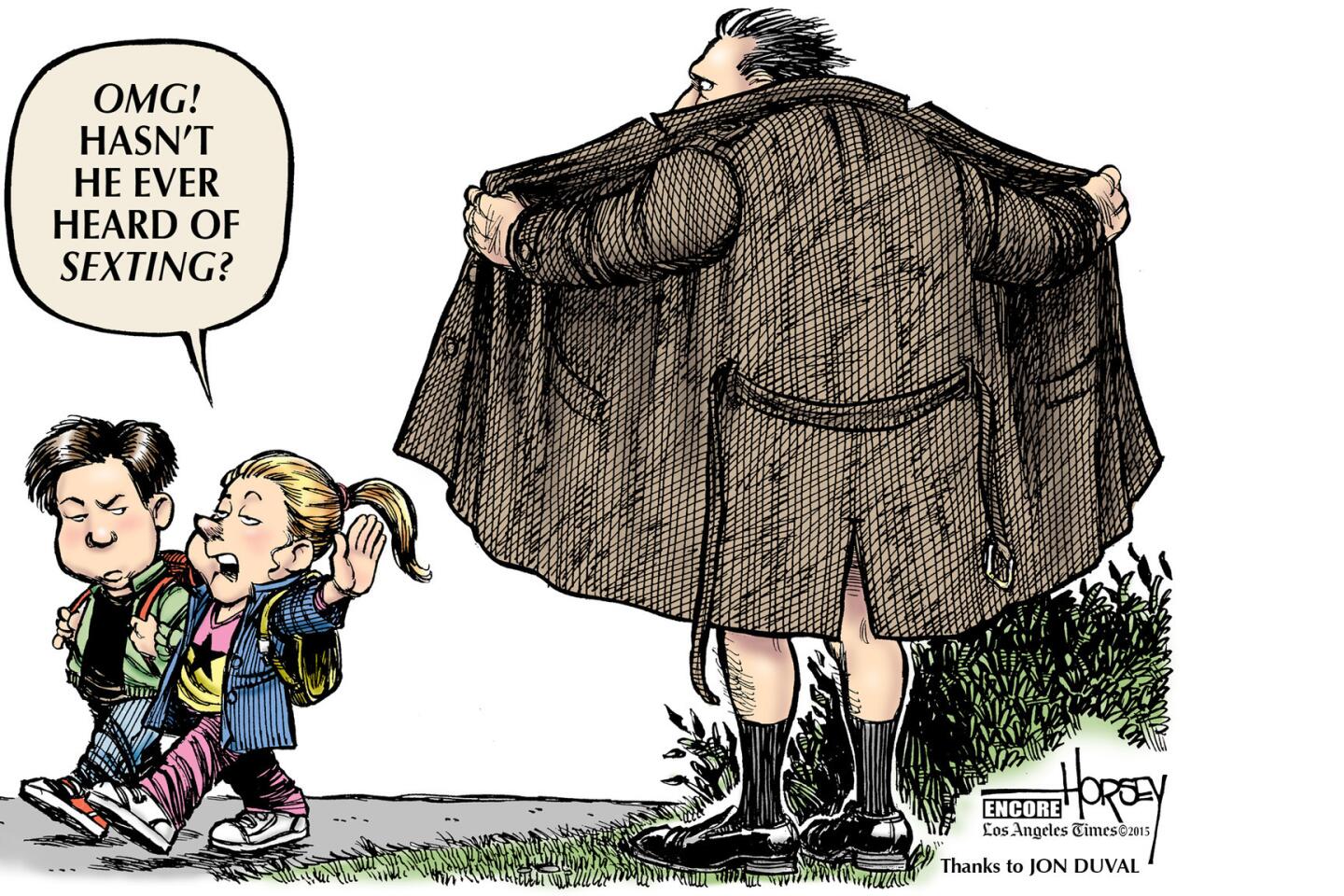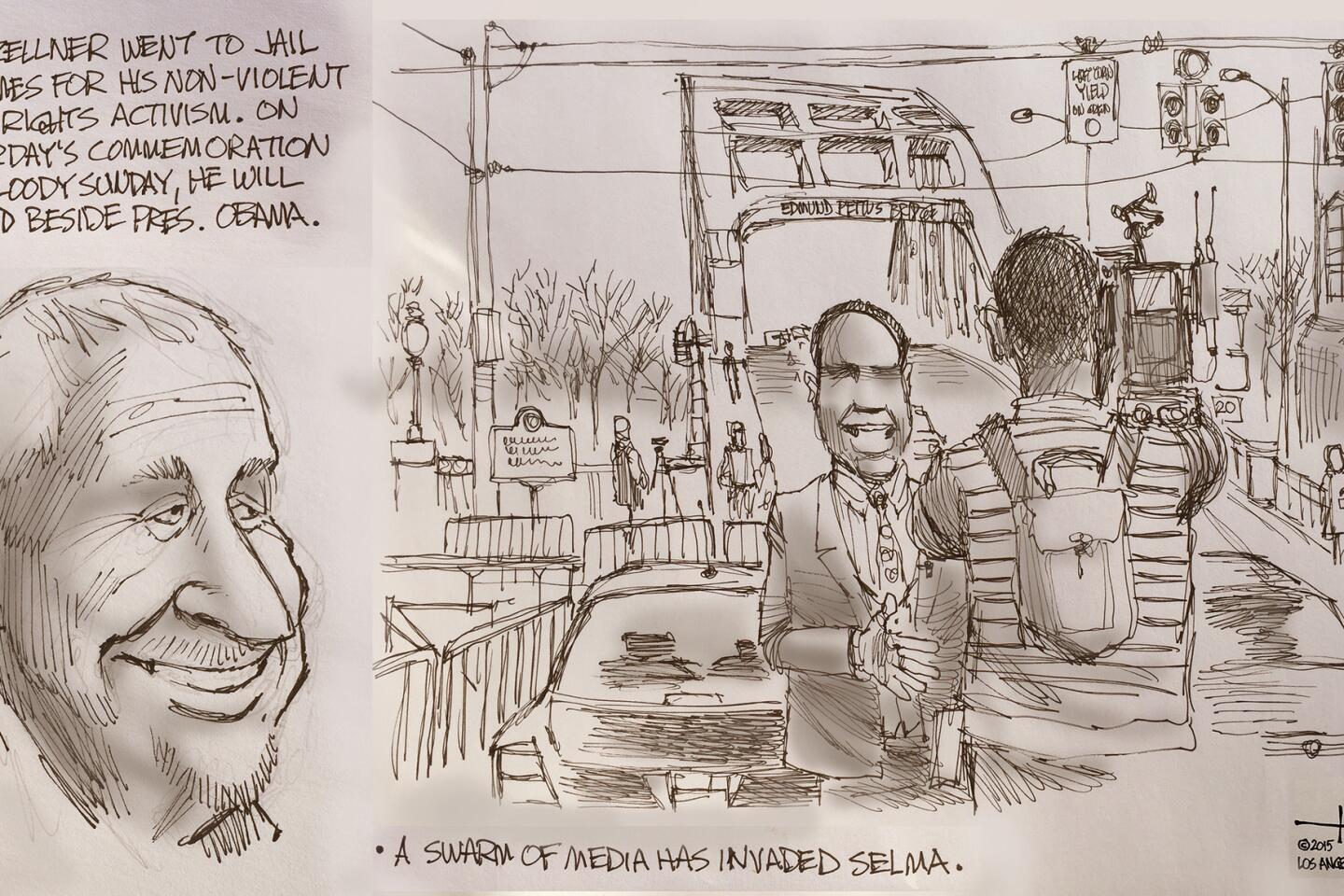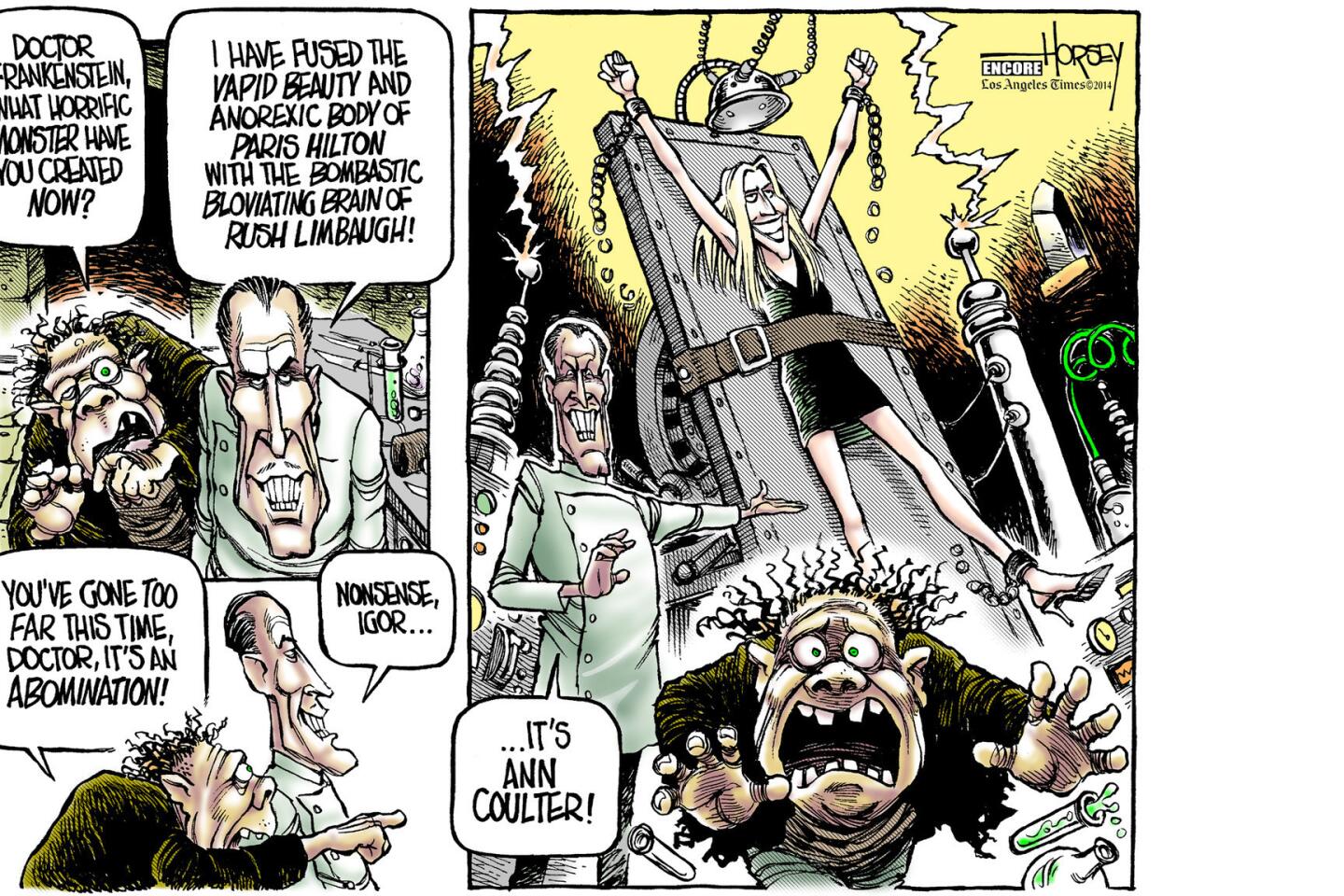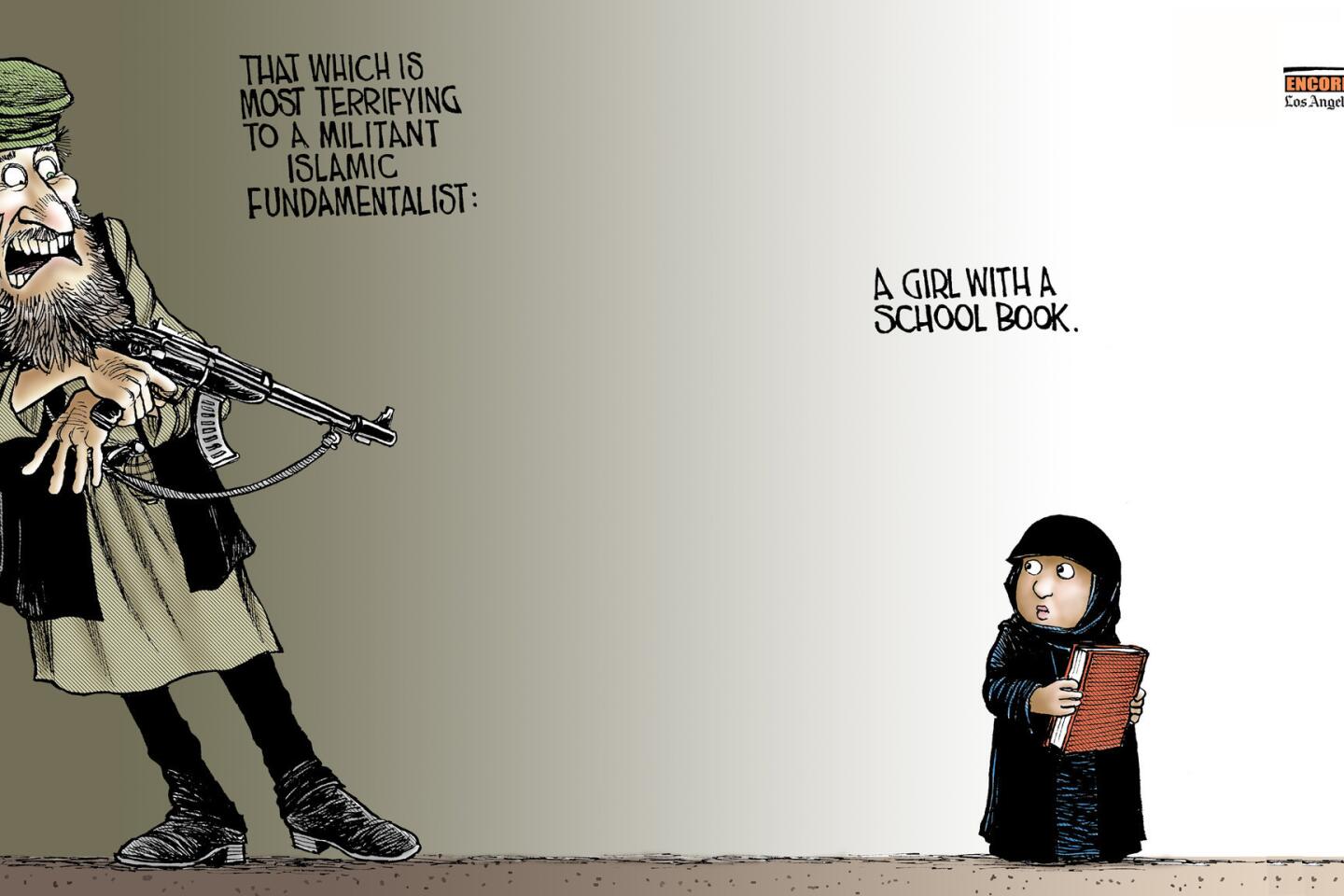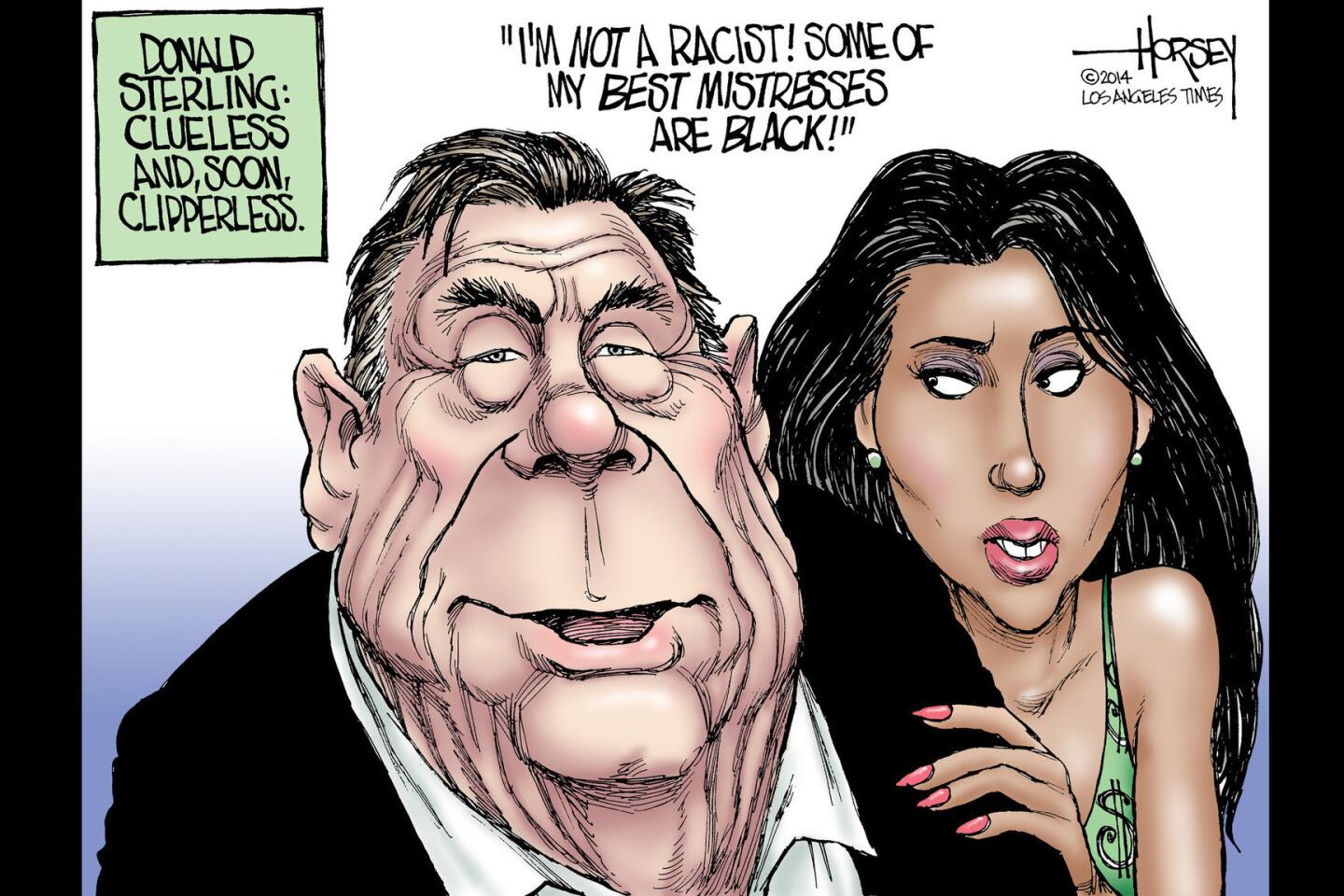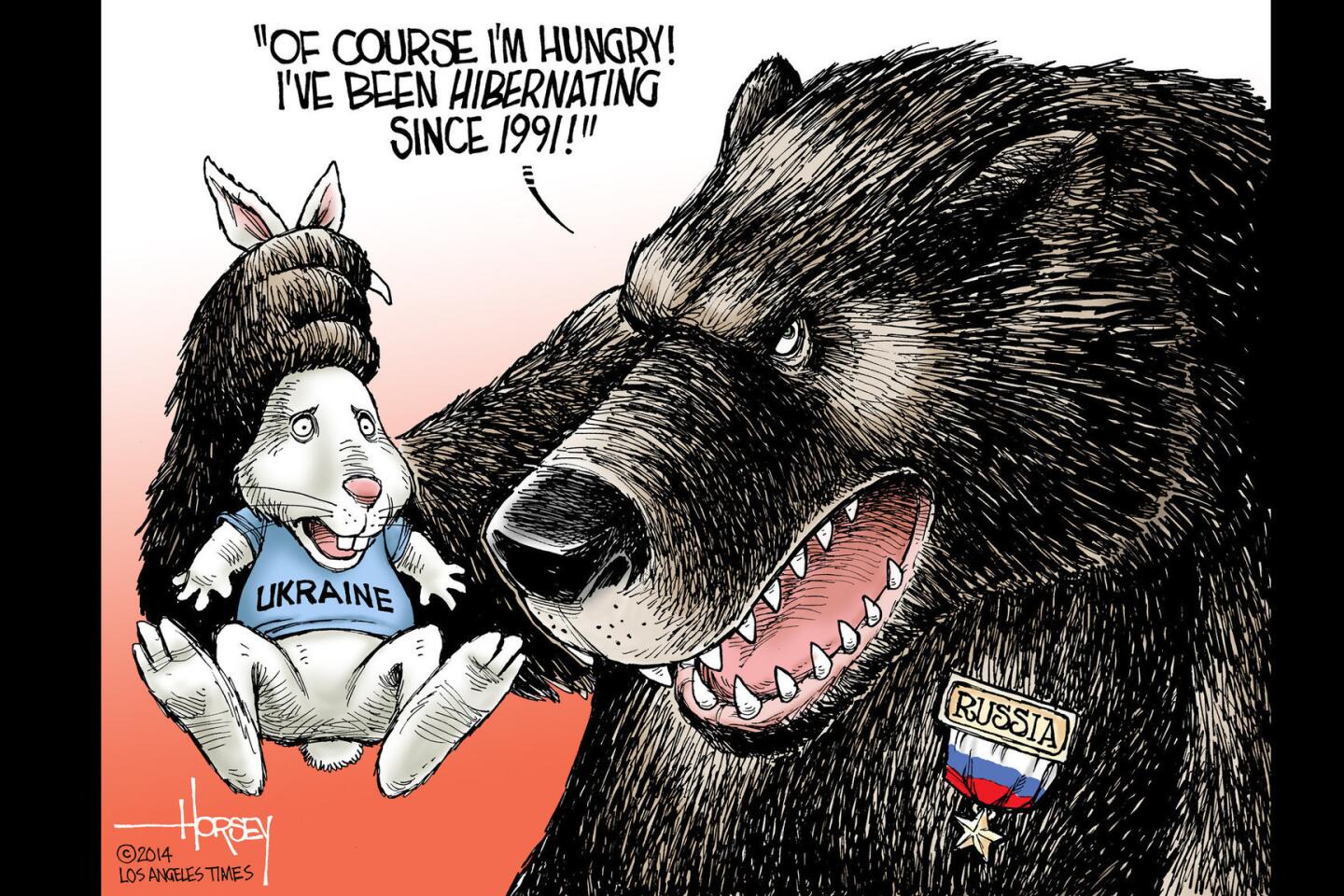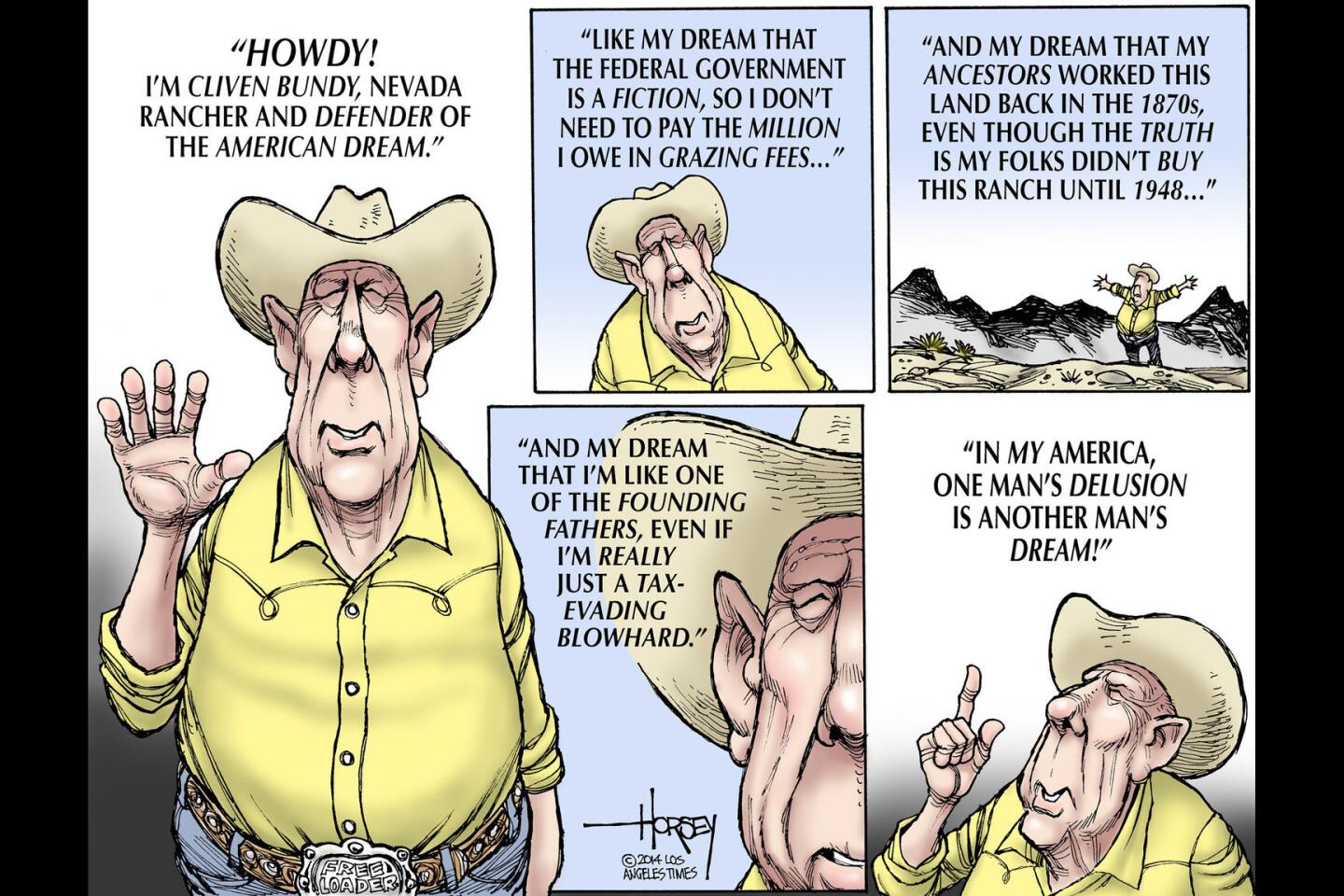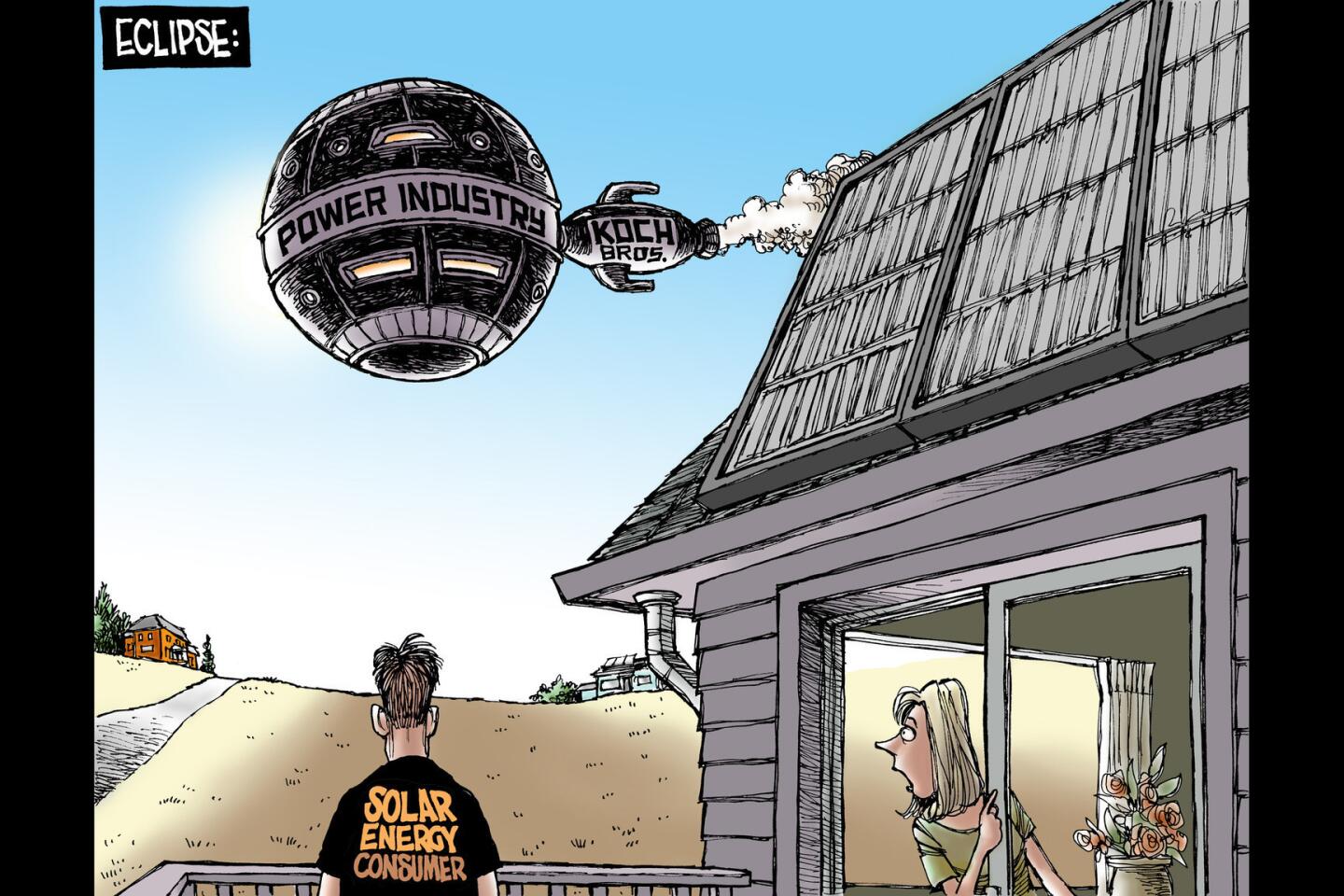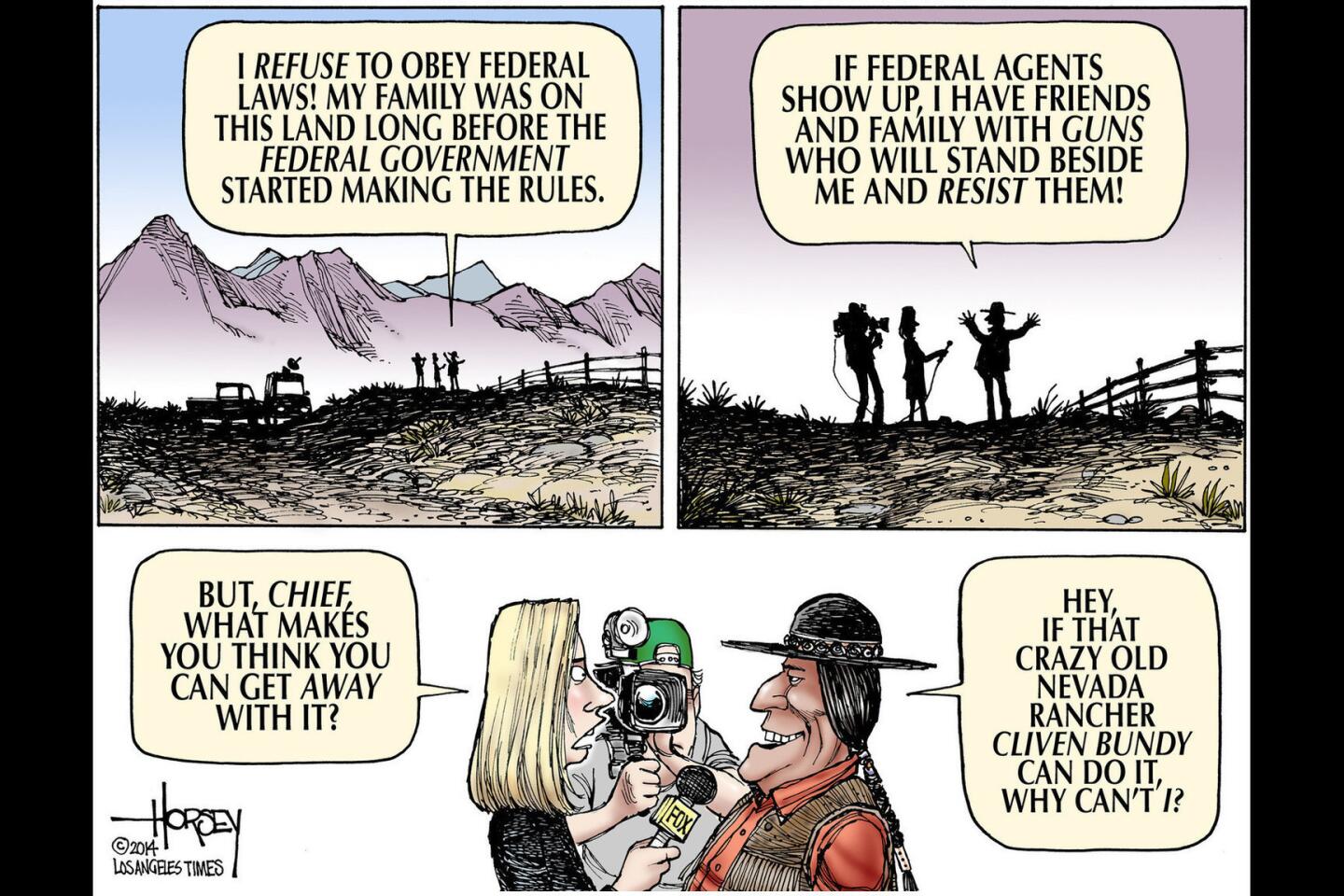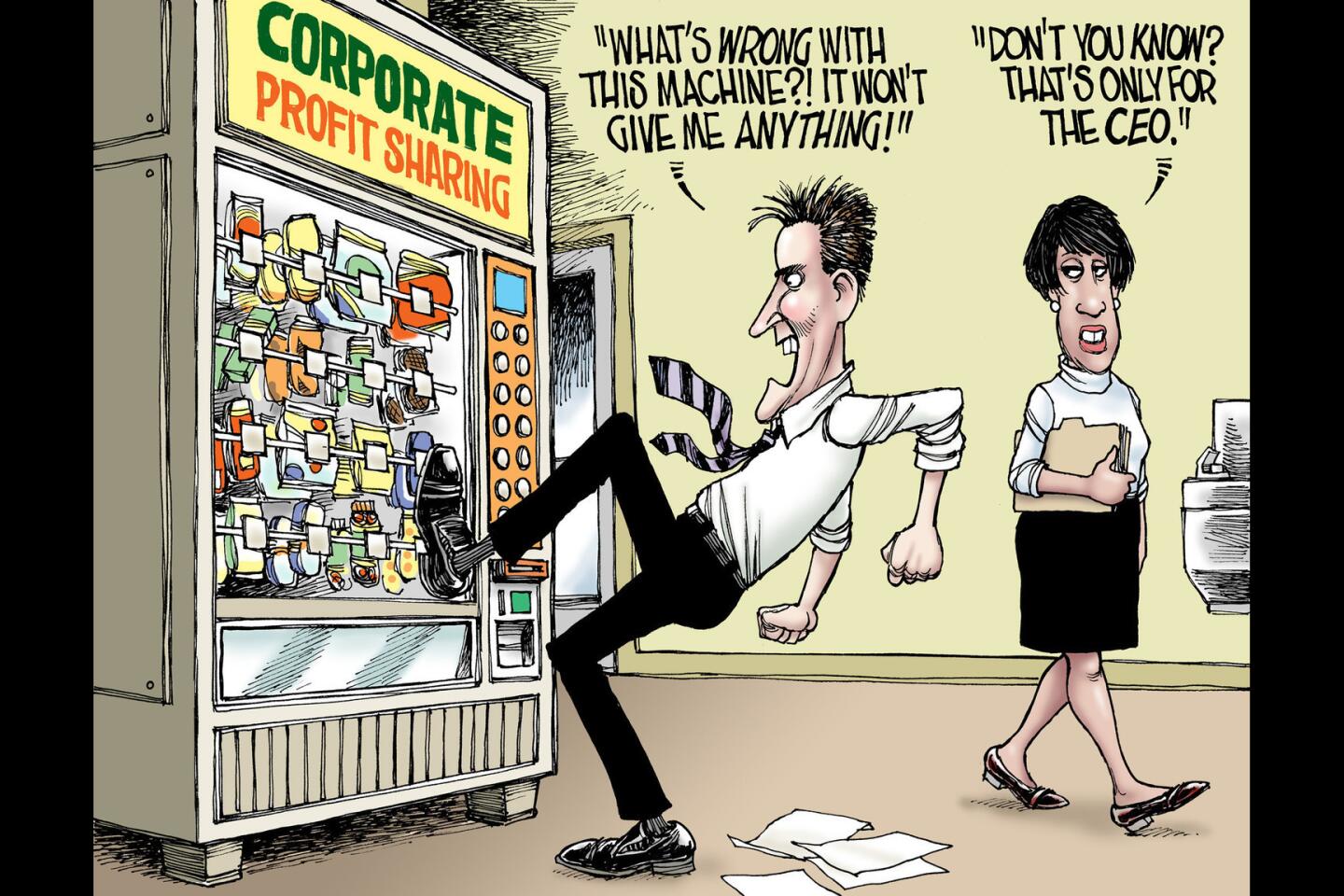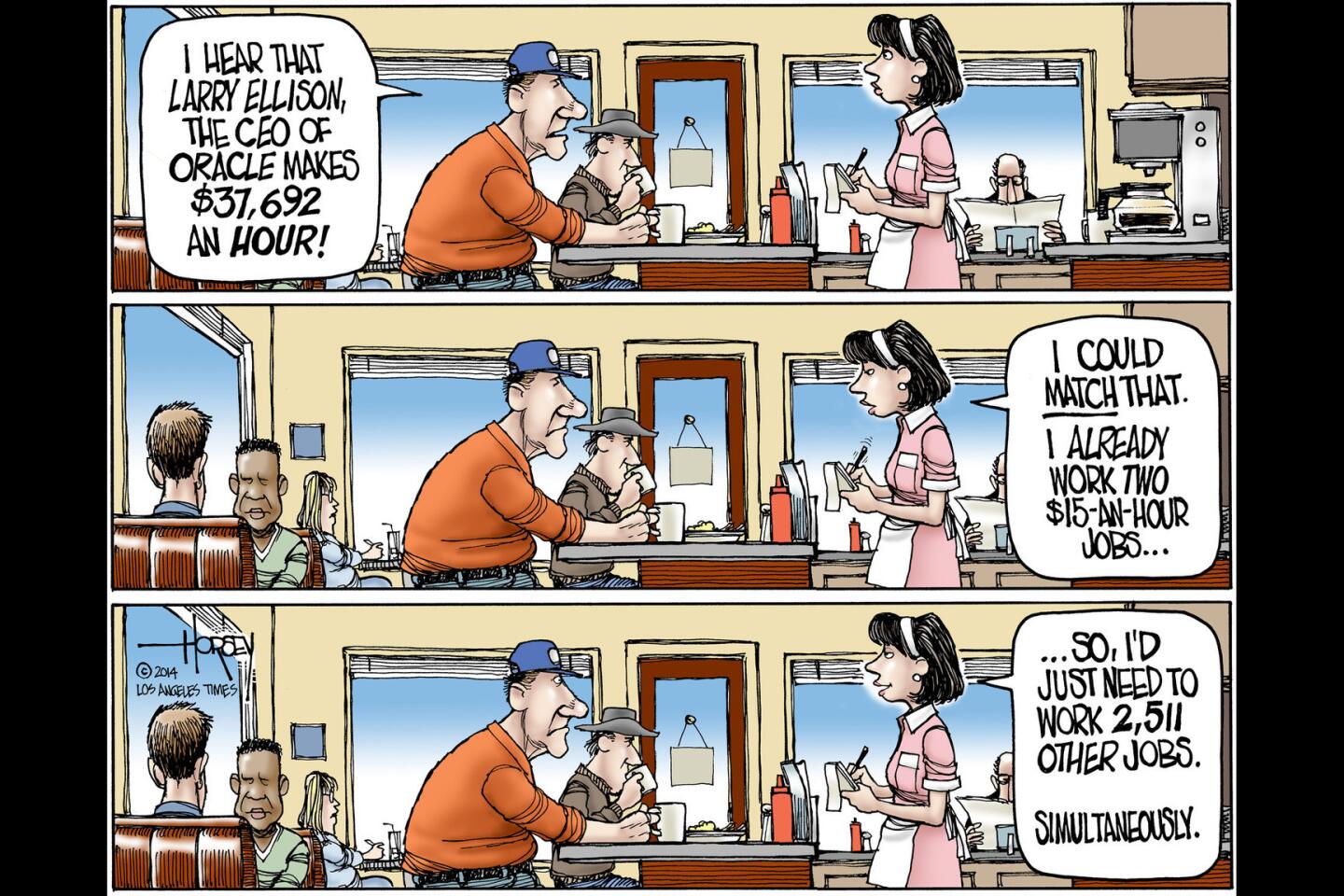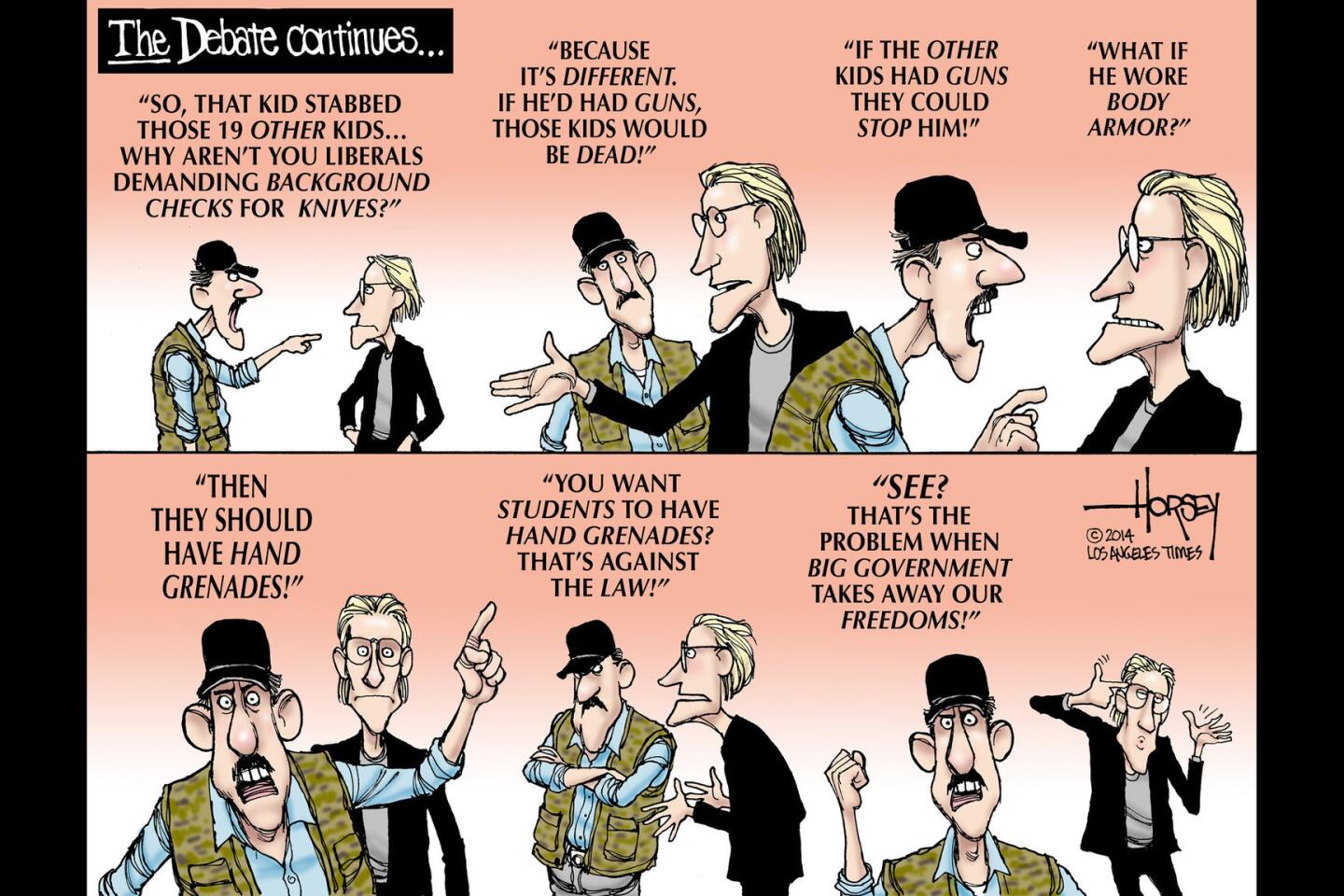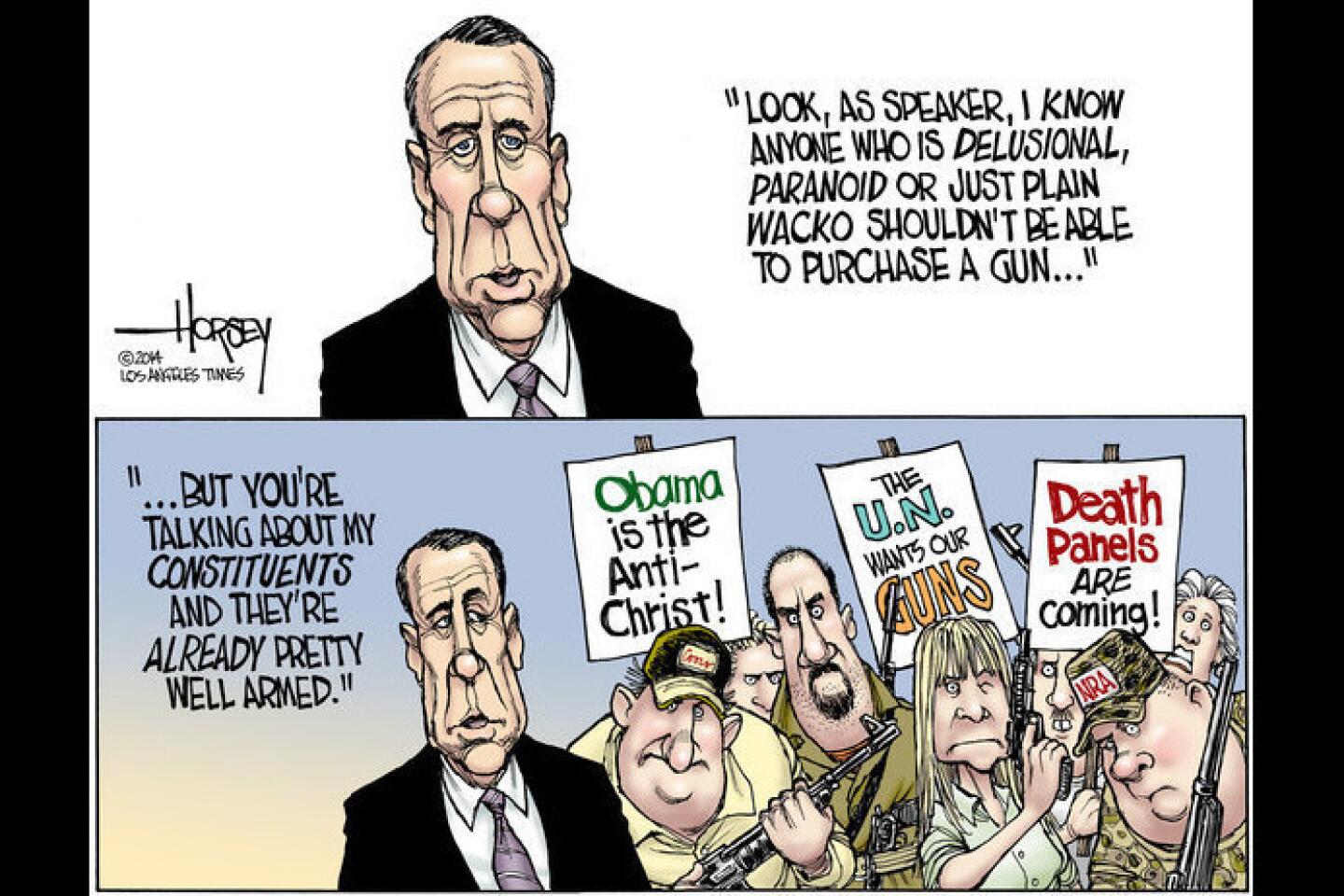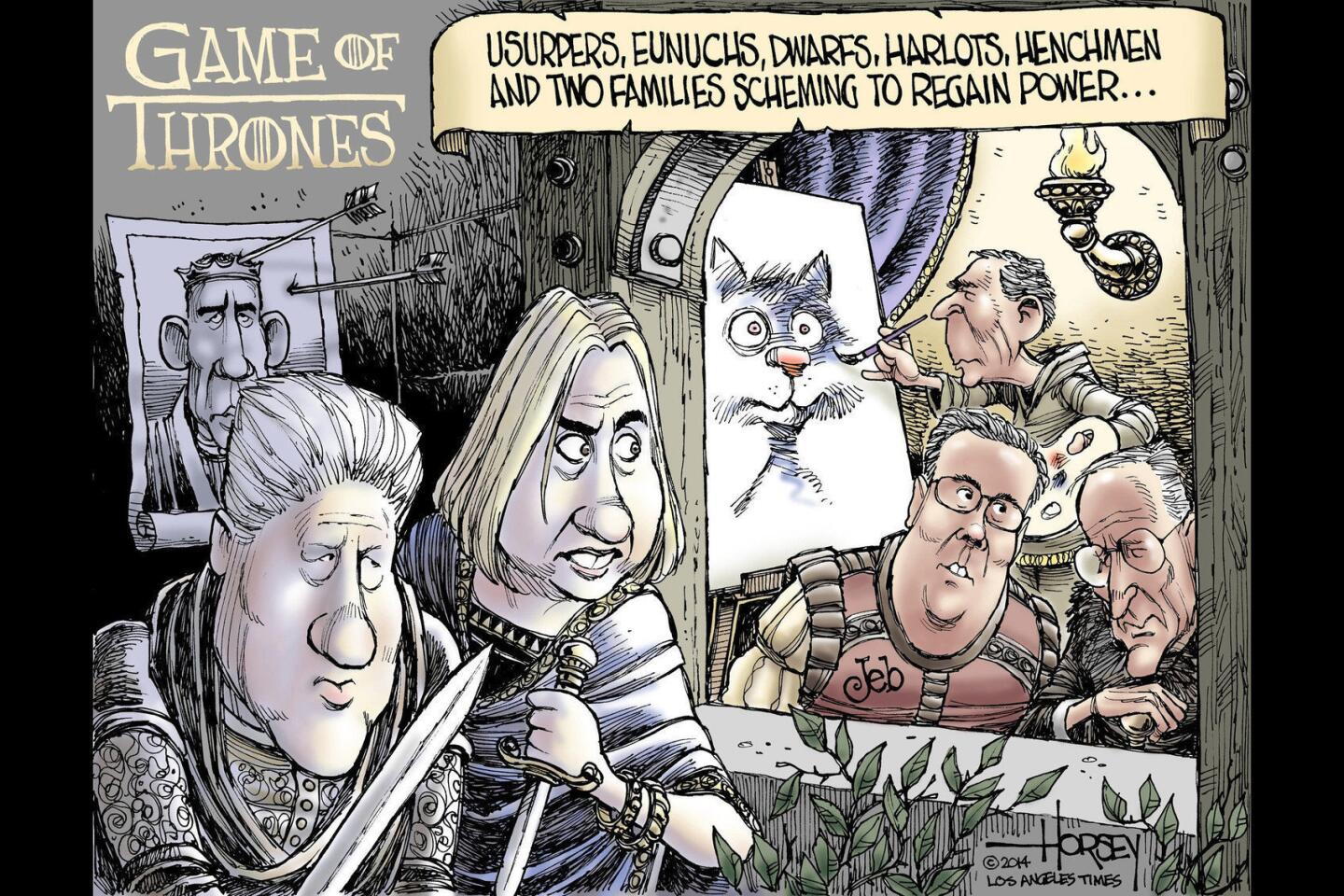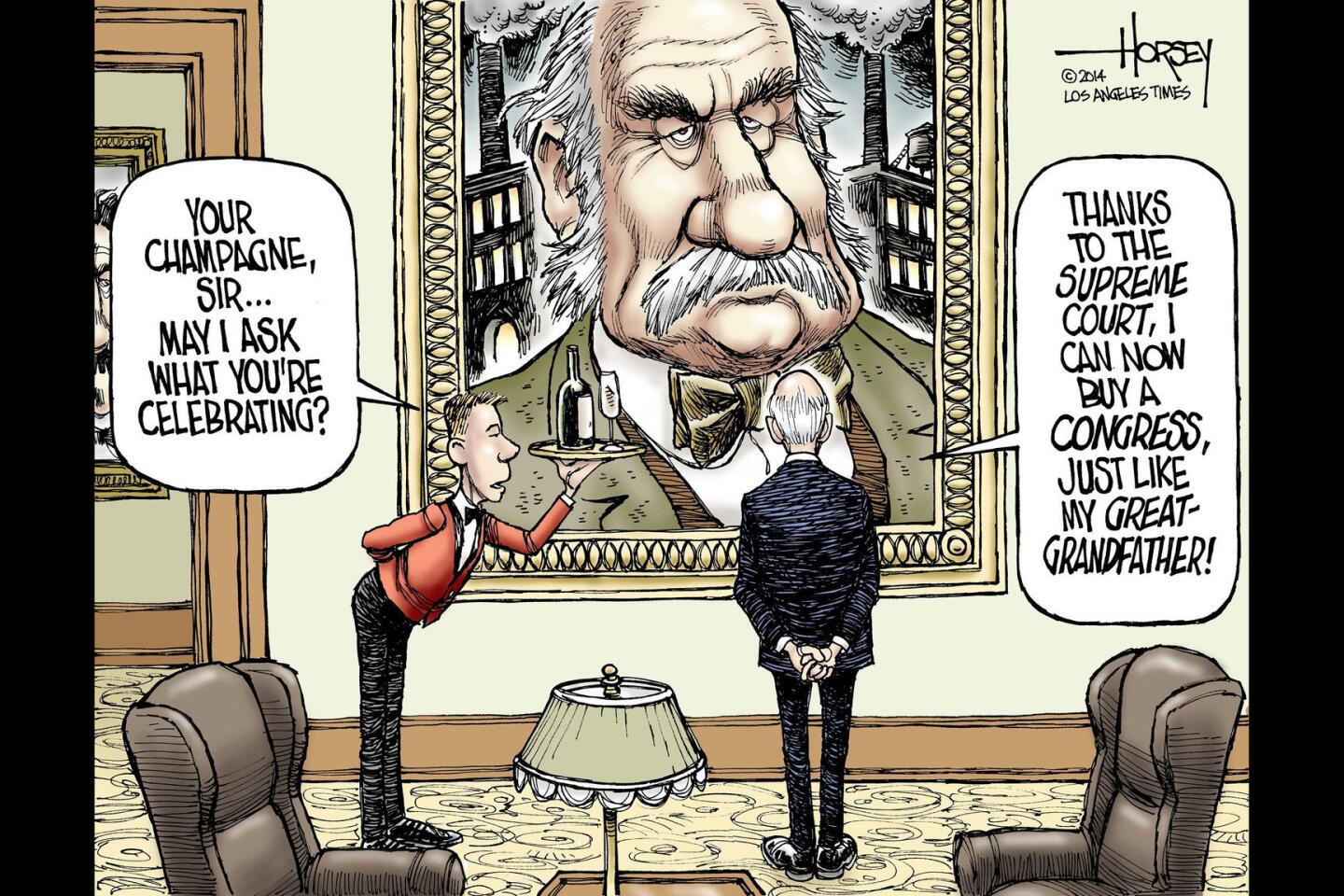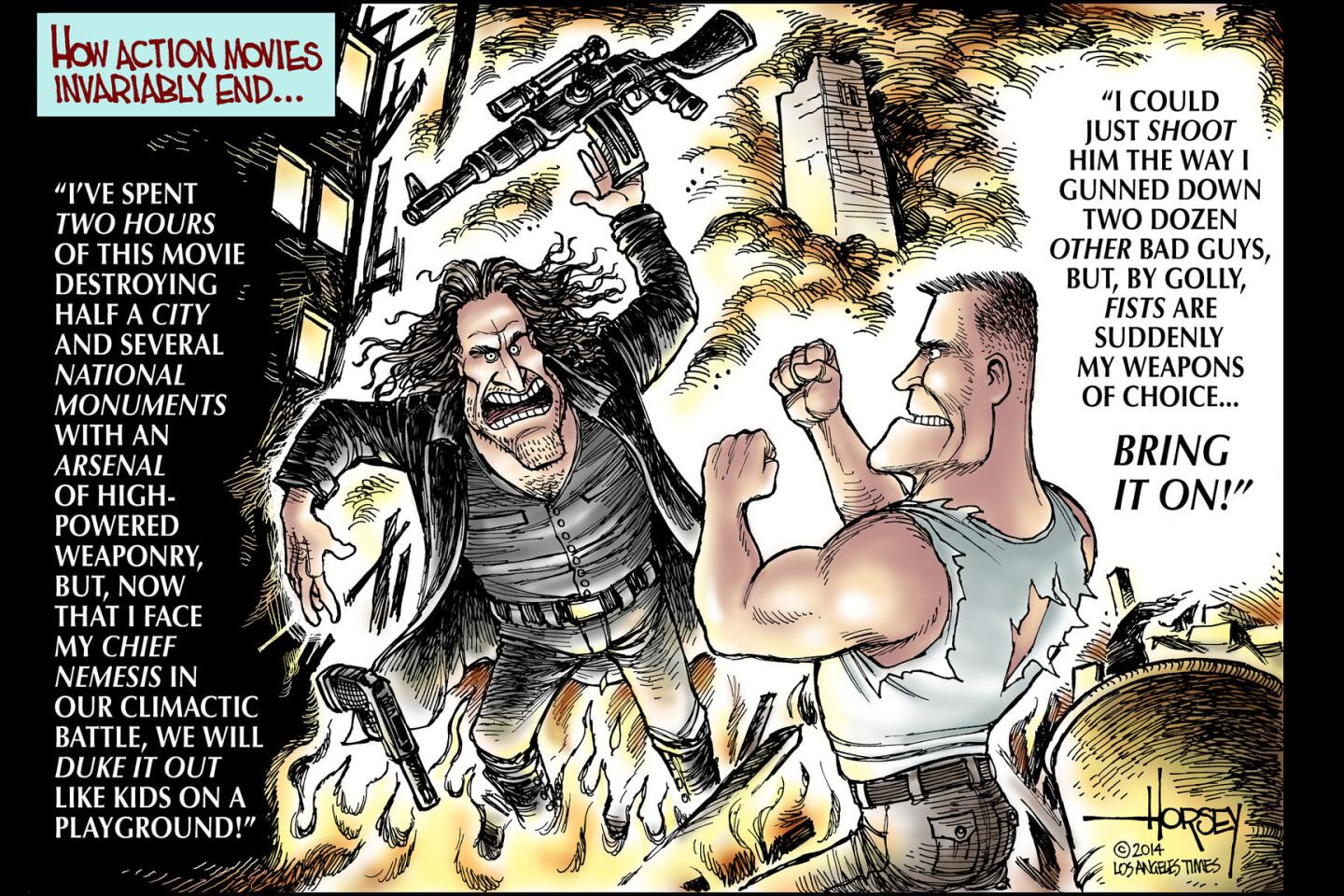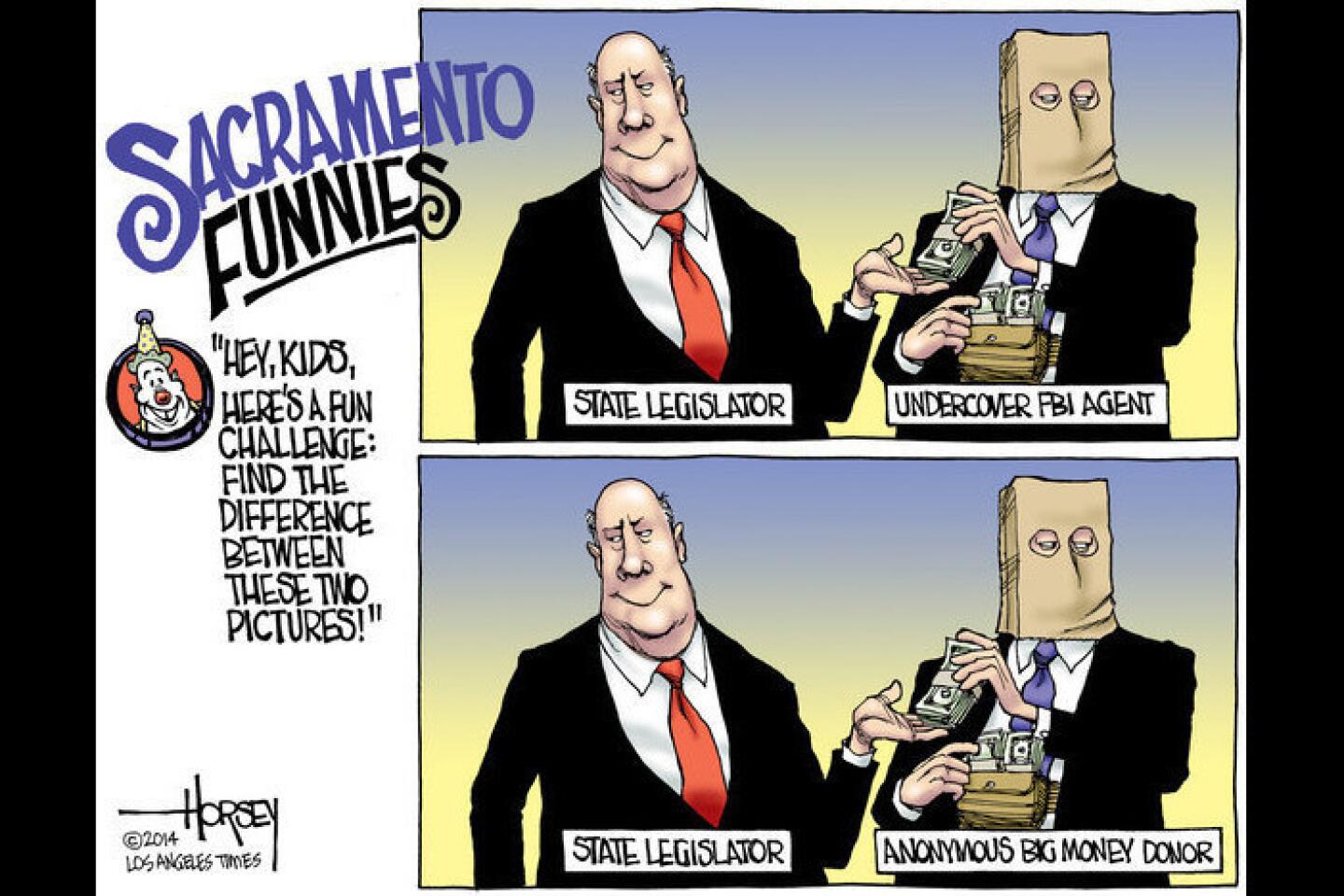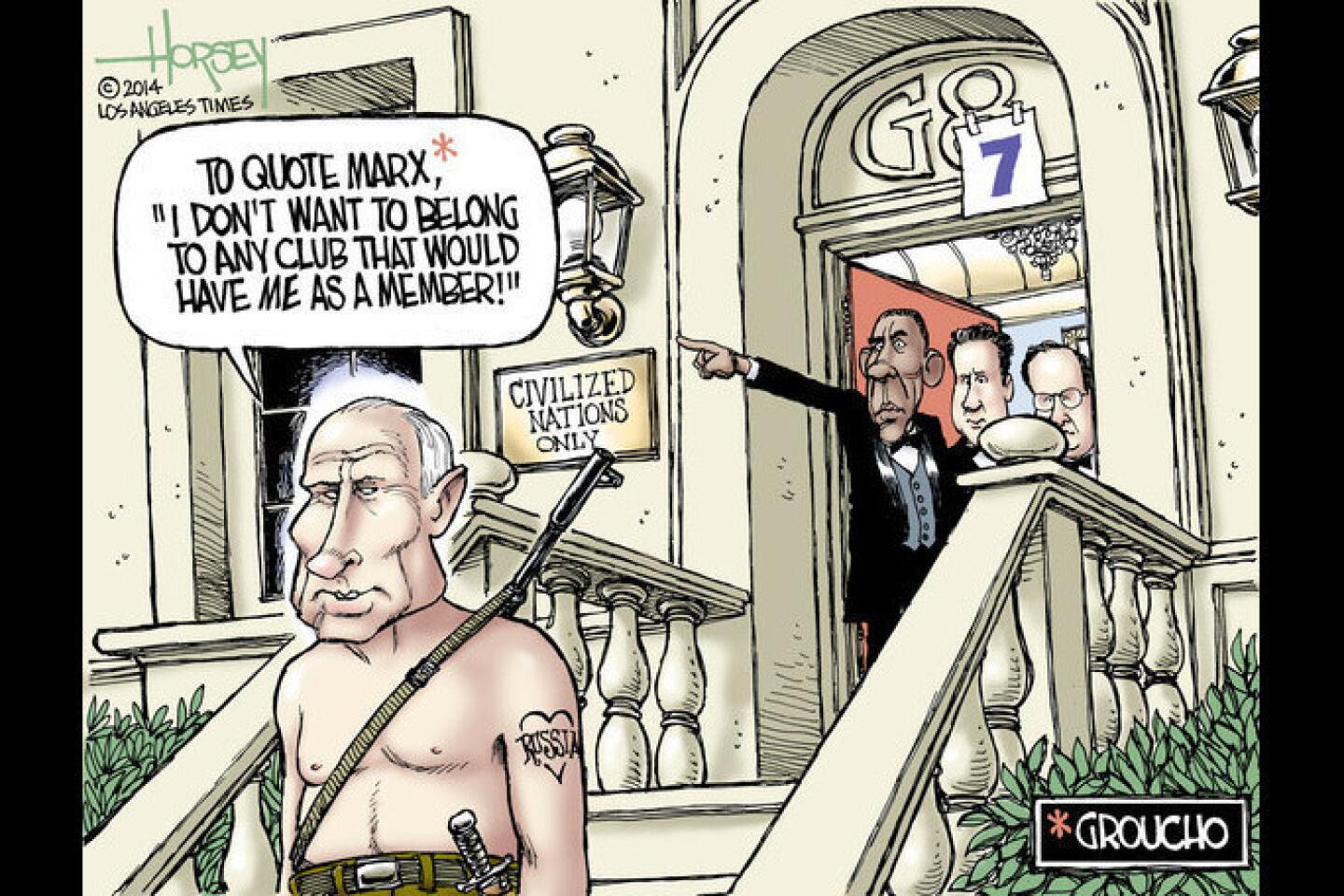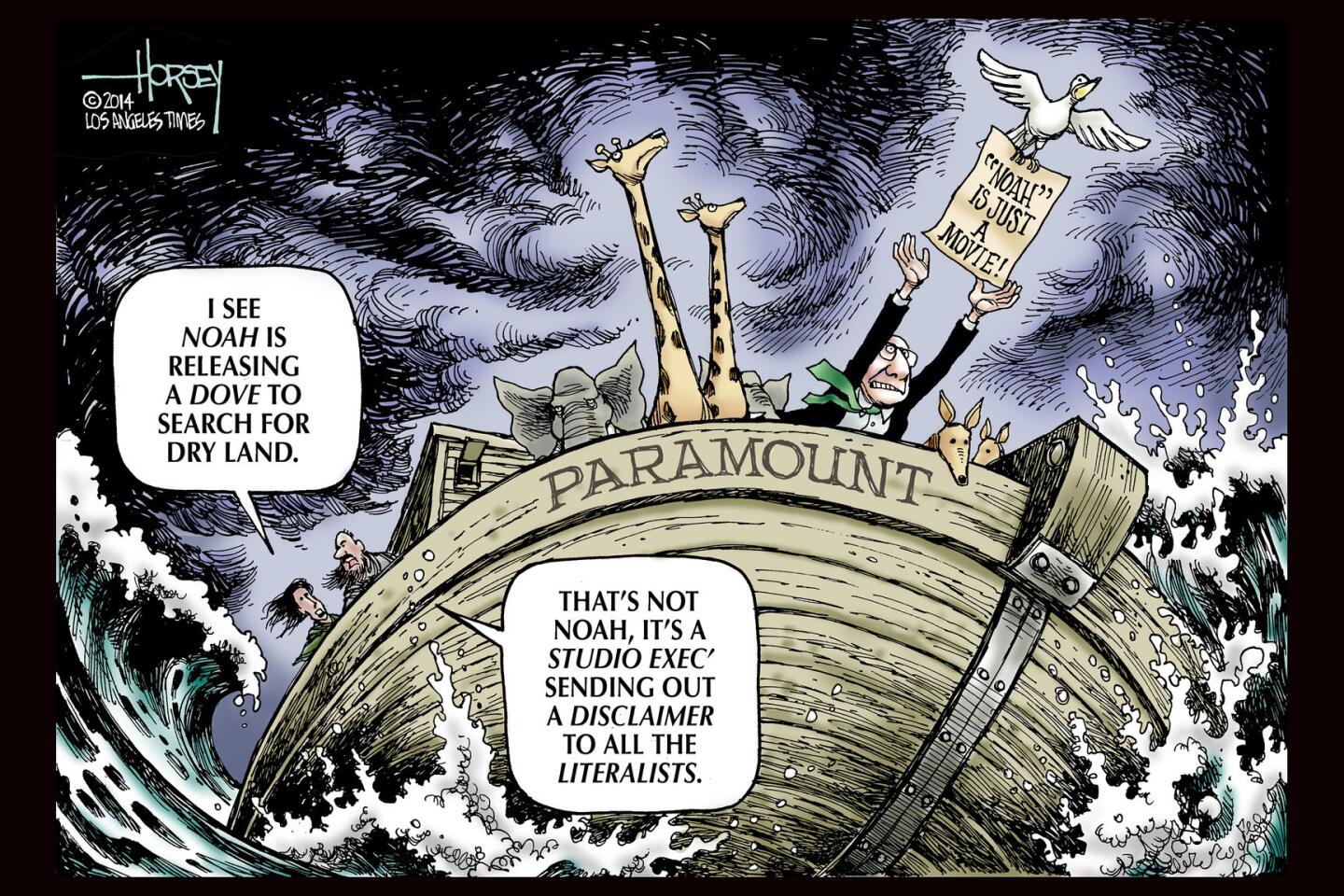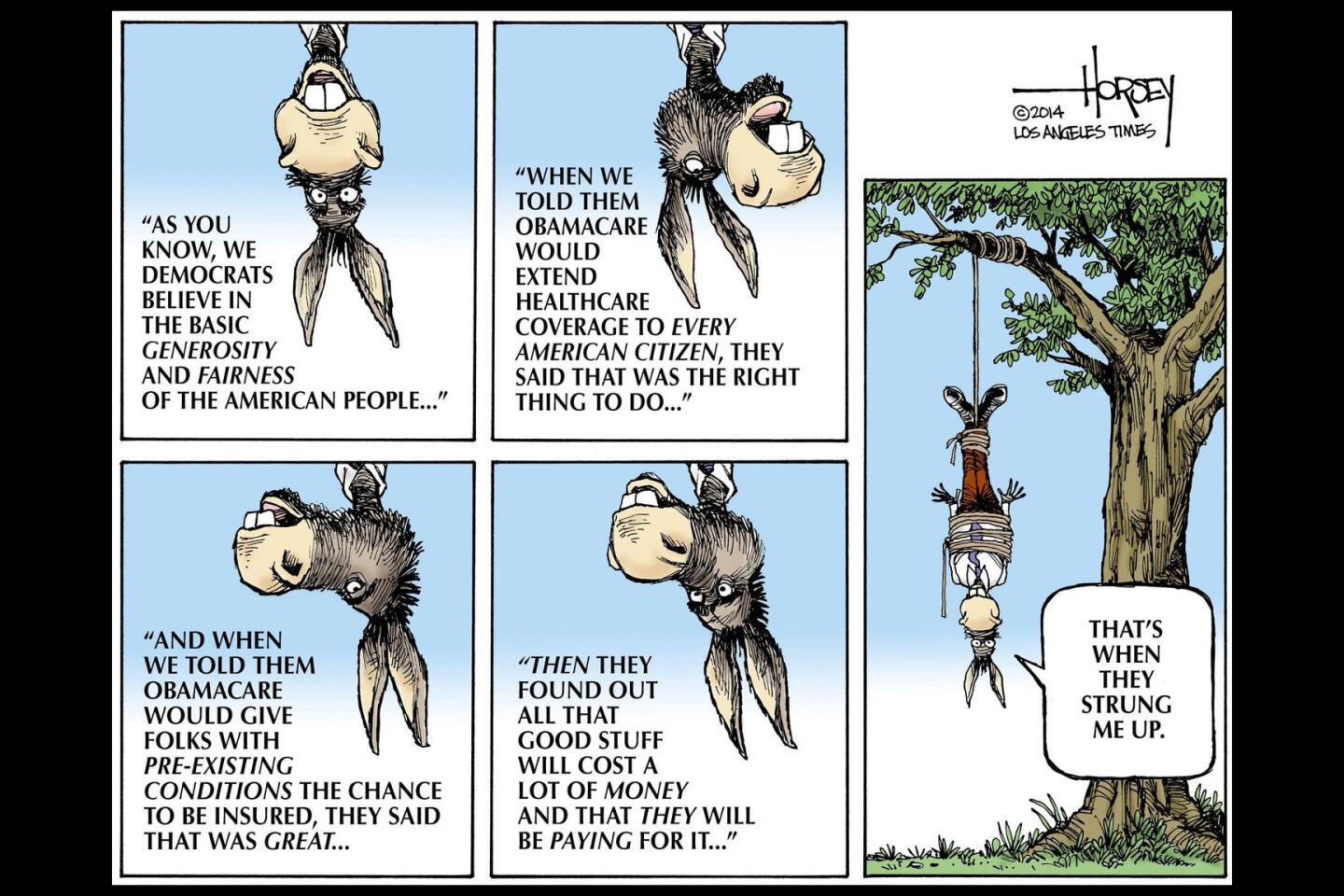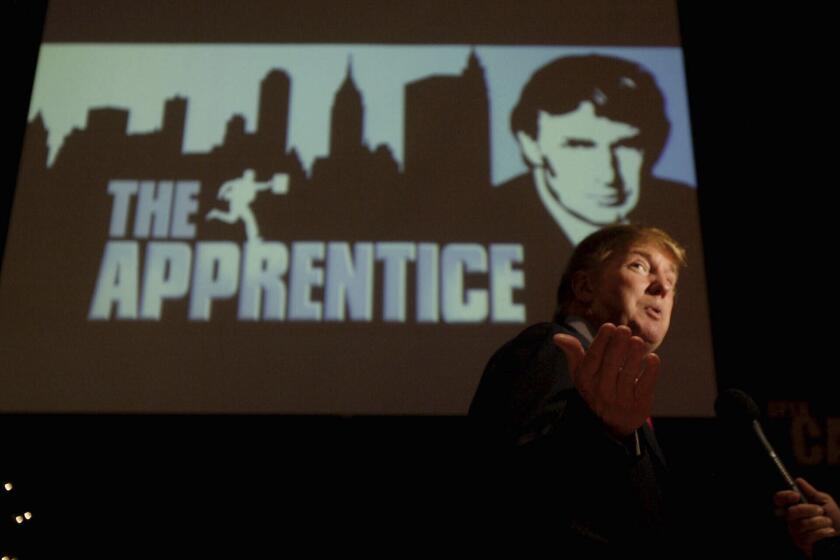Barack Obama built a new kind of Camelot for a new generation
On election night in 2008, I took my college-age daughter and several of her friends to an election-watch event in downtown Seattle. TV network reports were projected on a huge screen and, when the presidential result was assured, the image shifted to the massive celebration in Chicago’s Grant Park.
The young president-elect took the stage with his handsome family and began to deliver his victory speech. My daughter and her friends were standing behind me and, at some point, I turned to glance at them. They all had tears in their eyes, the guys included. That was the moment I fully appreciated the impact of Barack Obama’s rise to the presidency.
Obama was the president for a new generation that had grown up in a multicultural America, significantly more liberated from ancient prejudices than their elders. For them, this eloquent, lanky, mixed-race man from Hawaii and the elegant black woman at his side were avatars of a better country to come, the kind of nation to which these millennials wanted to pledge allegiance.
Now, eight years later, the president who caused my daughter and her friends to cry tears of joy is passing the White House keys to someone else, someone who could not be a more polar opposite. Obama, who has proved himself to be coolheaded, articulate, inspirational, deeply analytical and nuanced, is being replaced by a man who is hot-tempered, incoherent, inflammatory, shallow and crude. What does it mean that, after Obama, the electoral system produced Donald Trump? Were the dreams of election night 2008 an illusion?
History will decide whether Obama was a great president or not, which of his policies were wise and which were wrongheaded and how much lasting change they created. Right now, it can be said he was not perfect in every action, but he was significant because of who he was. By that, I do not simply mean his singularity as the first non-white president, though that is central to the way his presidency kindled a sense of possibility among millions of Americans whose ancestors lived and toiled at the margins of a racist society. Obama’s significance goes beyond the color of his skin to the content of his character.
Obama made it through two terms without a hint of personal scandal. He and Michelle were role models of the highest order. In the words of the first lady, they went high when others went low. Perhaps the reason their enemies went to such absurd lengths to concoct libels against them was that they had nothing else to work with. And, in the face of vicious slanders, Obama did not resort to bullying or score-settling. He didn’t fire off tweets or make up lies about his opponents. By turns, he met every attack with stoicism, reason and wry humor.
There was a recurrent theme in Obama’s oratory that reflected his refusal to think the worst about his fellow Americans, even those who thought the worst of him. From the speech he gave at the Democratic National Convention in 2004 through his nomination acceptance speech in 2008 to his recent farewell address, he returned to the same aspirational vision of a nation united, whole and good. He recited, again and again, the epic saga of this country, from the Founders and the frontiersmen to the astronauts on the moon, and deftly weaved in the stories of liberated slaves, bold suffragettes, martyred civil rights workers and hardworking immigrants. He included everyone in the history of this land so that all can claim it as their own. He rejected the characterization of the country as a weak conjoining of separated parts — a black America and a white America, blue states and red states. From his first moment in the national spotlight and throughout his governing years, Obama tried to convince us there was only a United States of America.
Today, not everyone is sure he was right. The country is sharply polarized and the new Republican presidency, enabled by a Republican-controlled Congress, is pledged to undo everything Obama has done, from healthcare to caring about the health of the planet. It looks like a complete reversal of the enlightened impulses that were unleashed on election night in 2008, a rejection of the rising American generation in favor of an old guard that is rich, white and backward-looking.
We will see if this is just a temporary pause on the march toward a more perfect union or if the last eight years will be seen as a high-water mark from which we all fell into division and reactionary rule. Either way, a glow will gather around the Obama White House, much the way John F. Kennedy’s tragically short presidency gained luster over time. JFK’s Camelot was crystallized by the bullets of an assassin. Obama’s different sort of Camelot will be defined in fond memory by the coming discord of the Trump administration.
Obama’s legacy, though, may ultimately be measured by the extent to which he has inspired a new generation. Will they retreat into disillusion or bravely carry the torch forward until another Camelot comes around?
Follow me at @davidhorsey on Twitter
More to Read
A cure for the common opinion
Get thought-provoking perspectives with our weekly newsletter.
You may occasionally receive promotional content from the Los Angeles Times.
